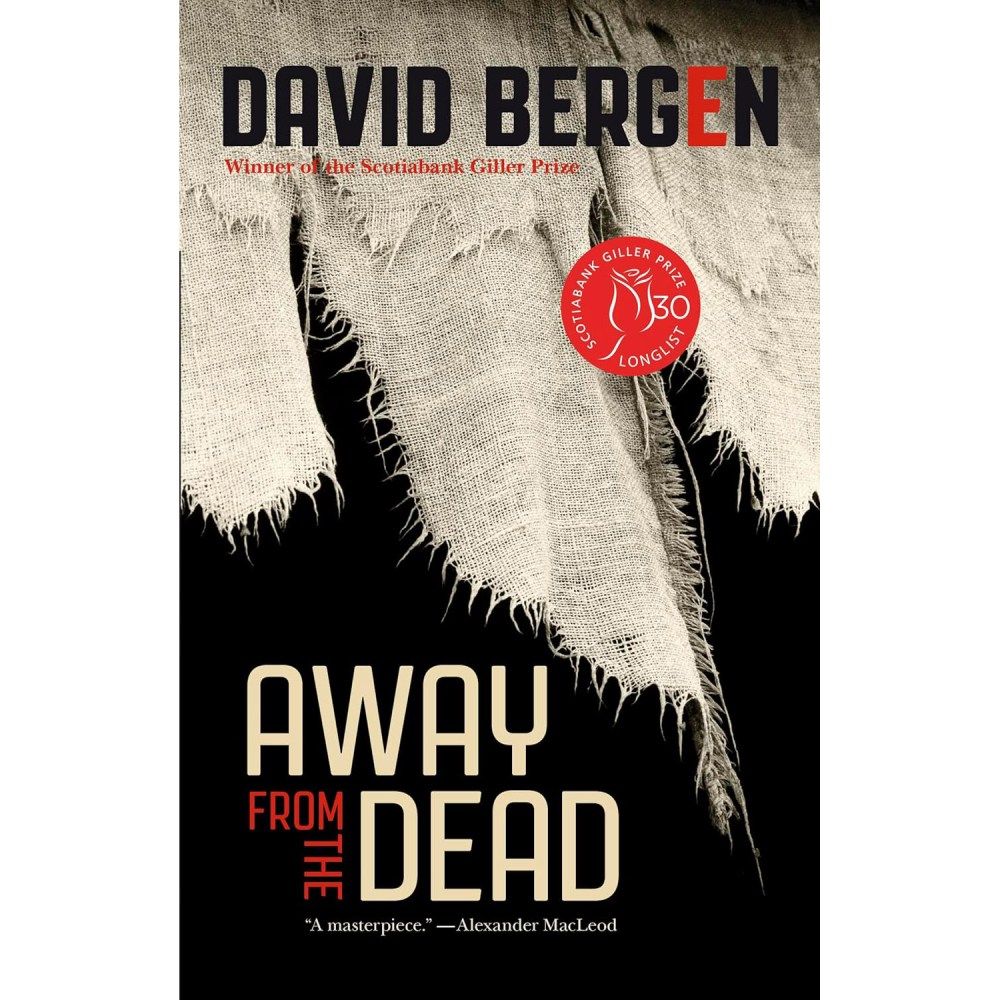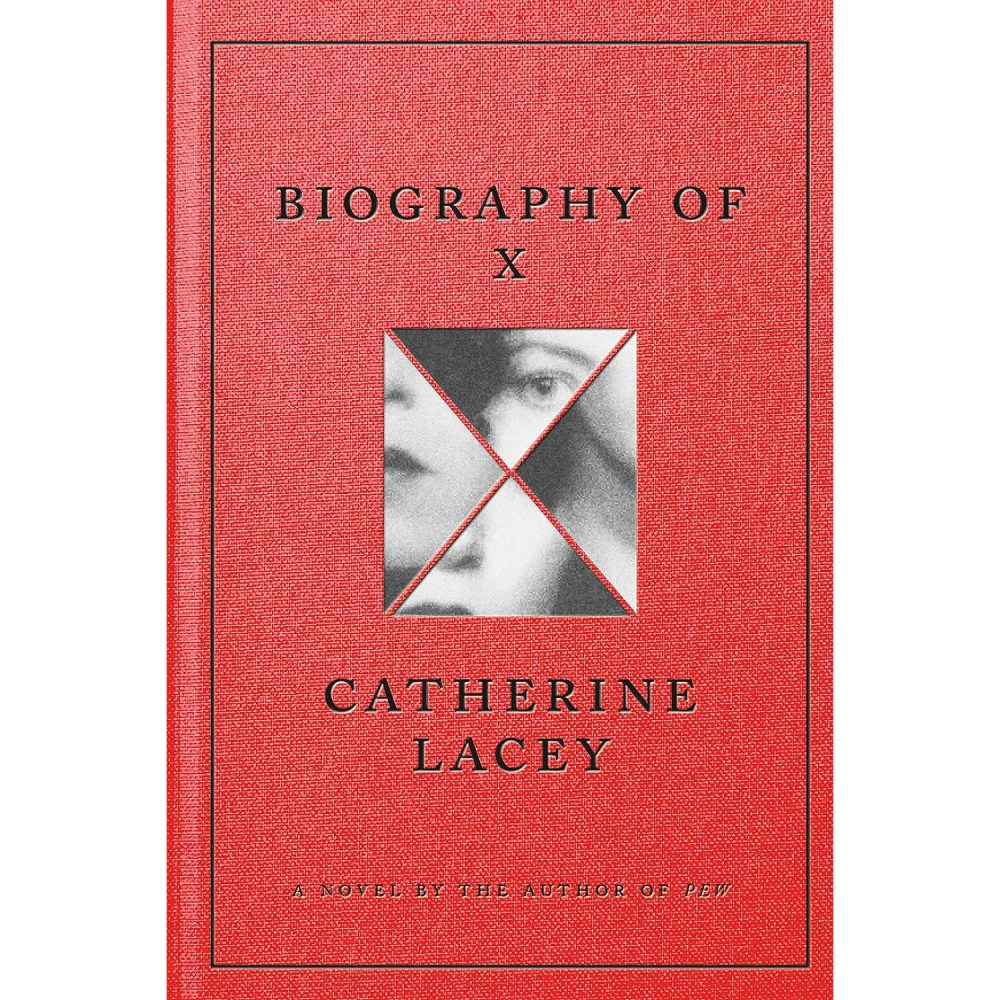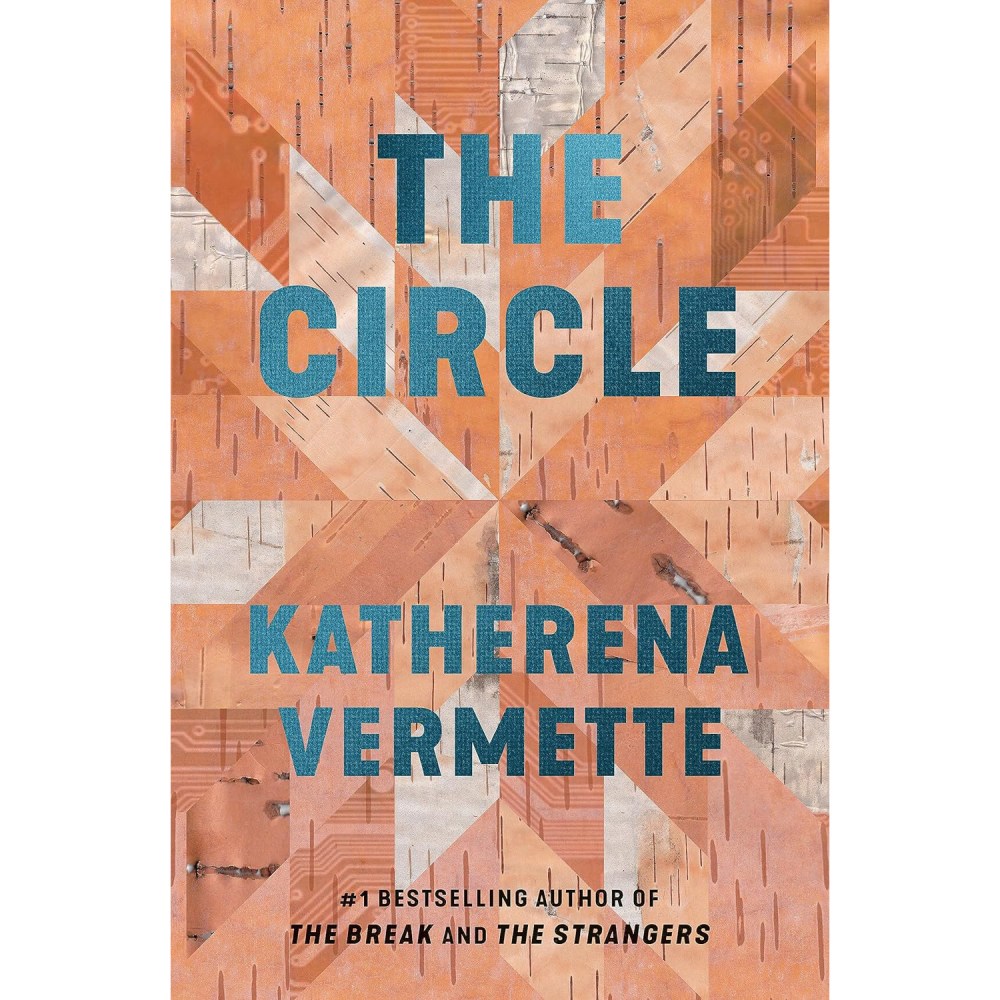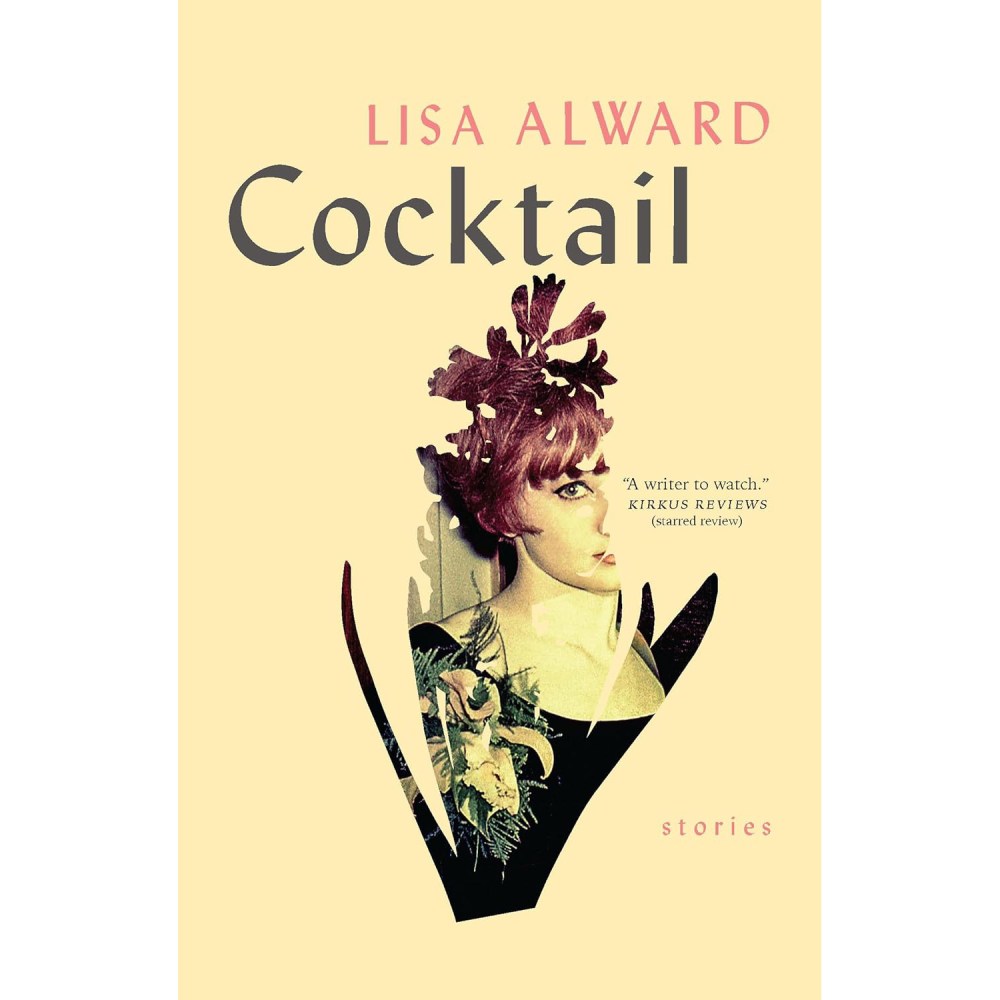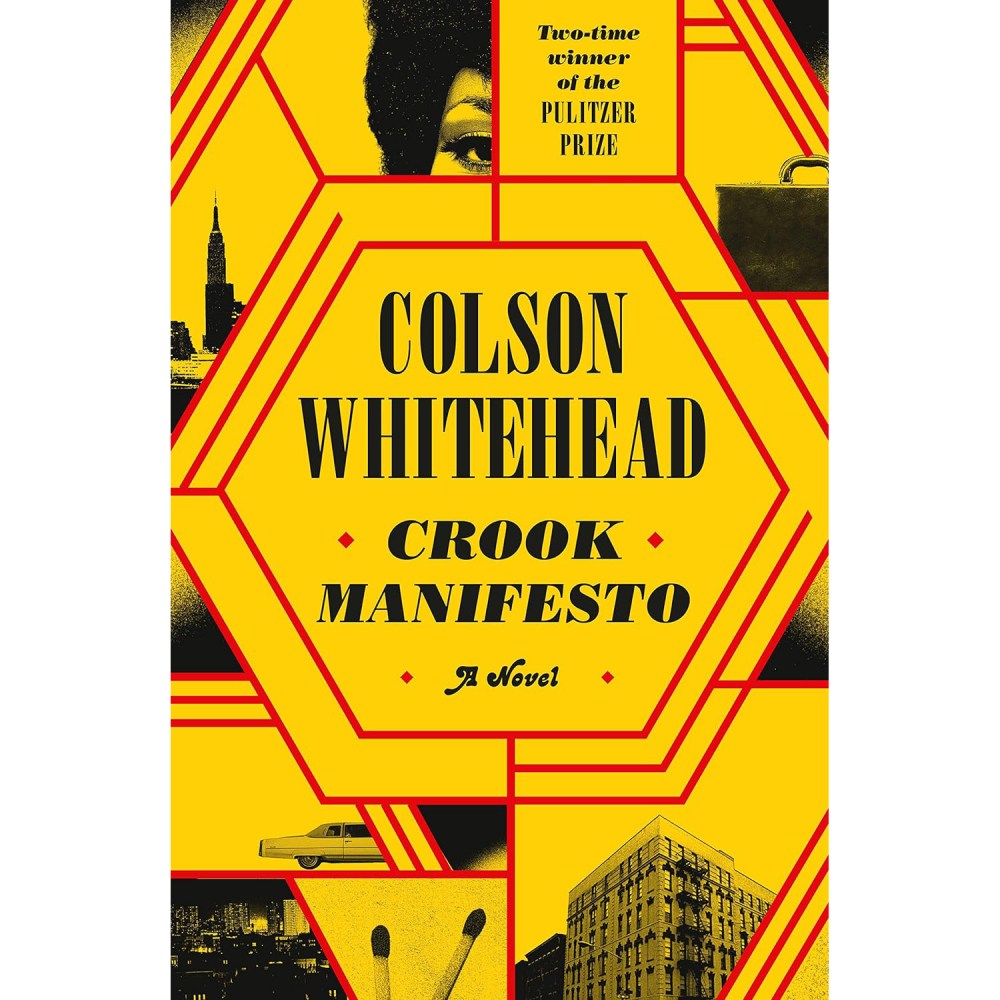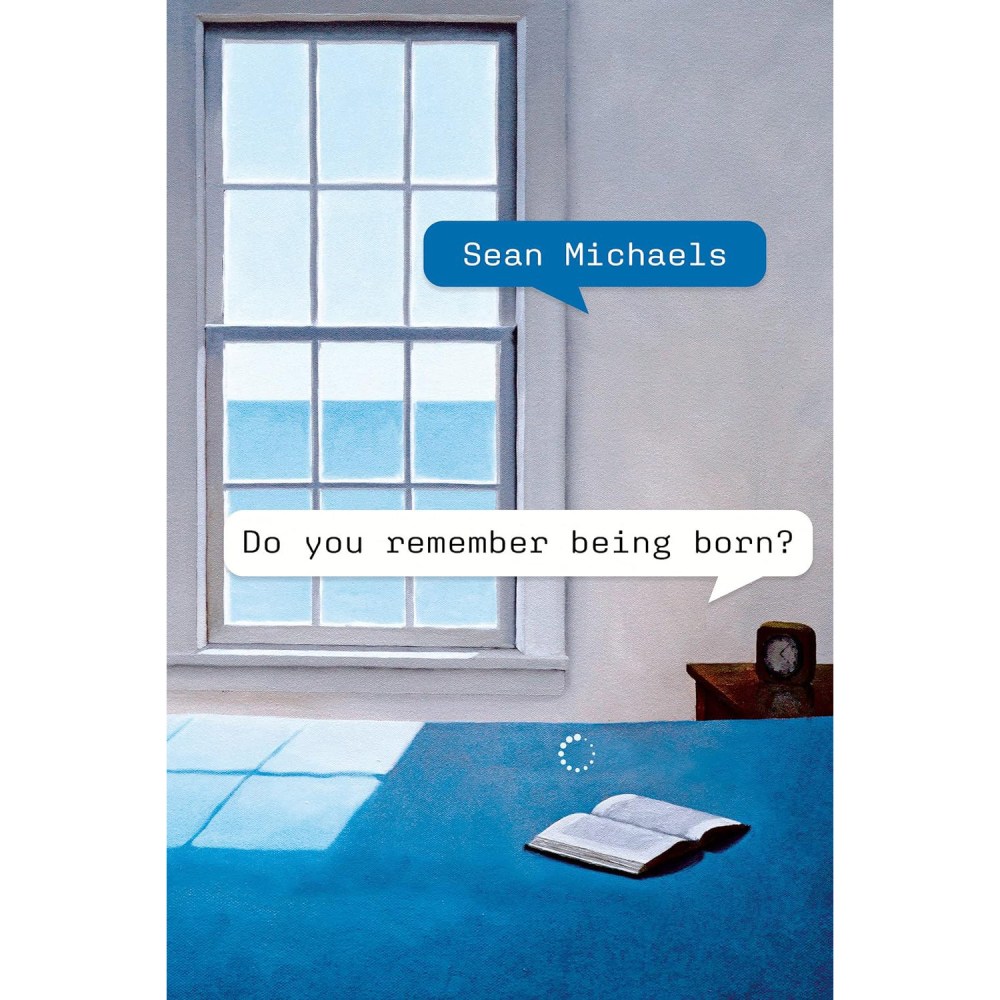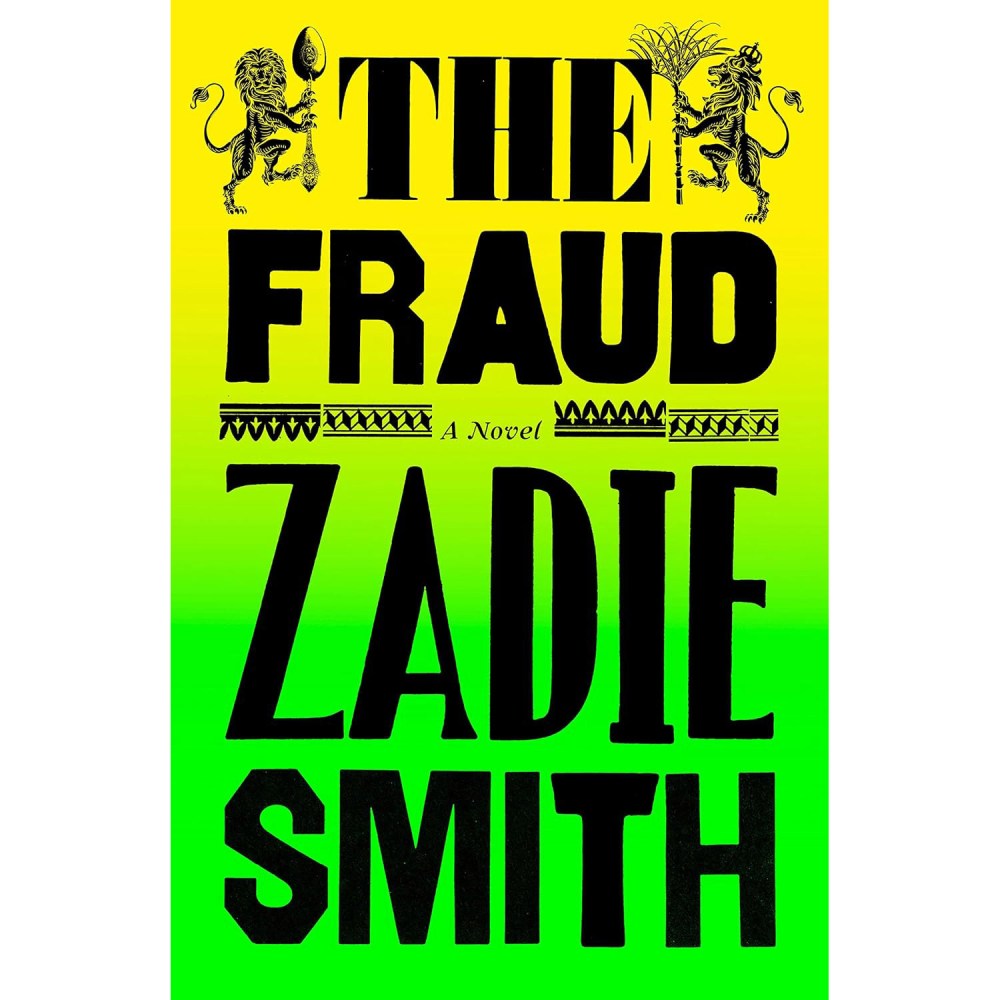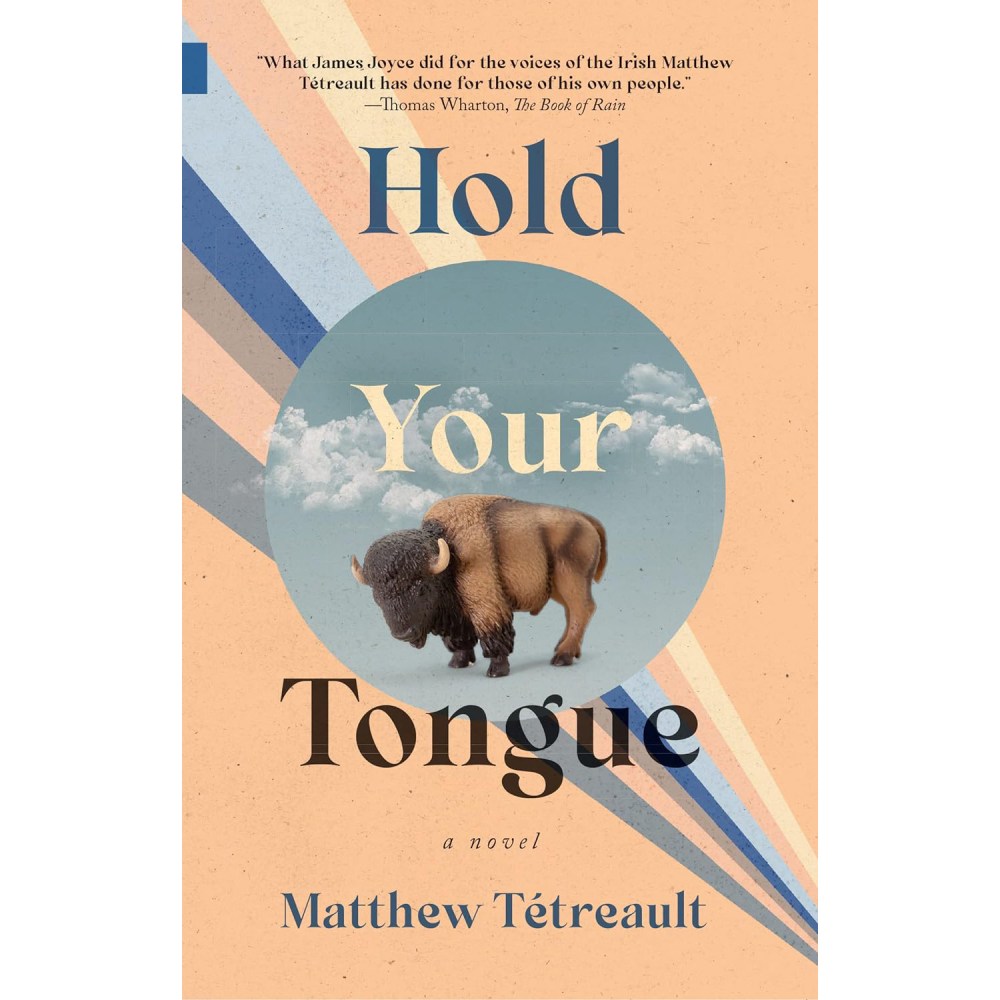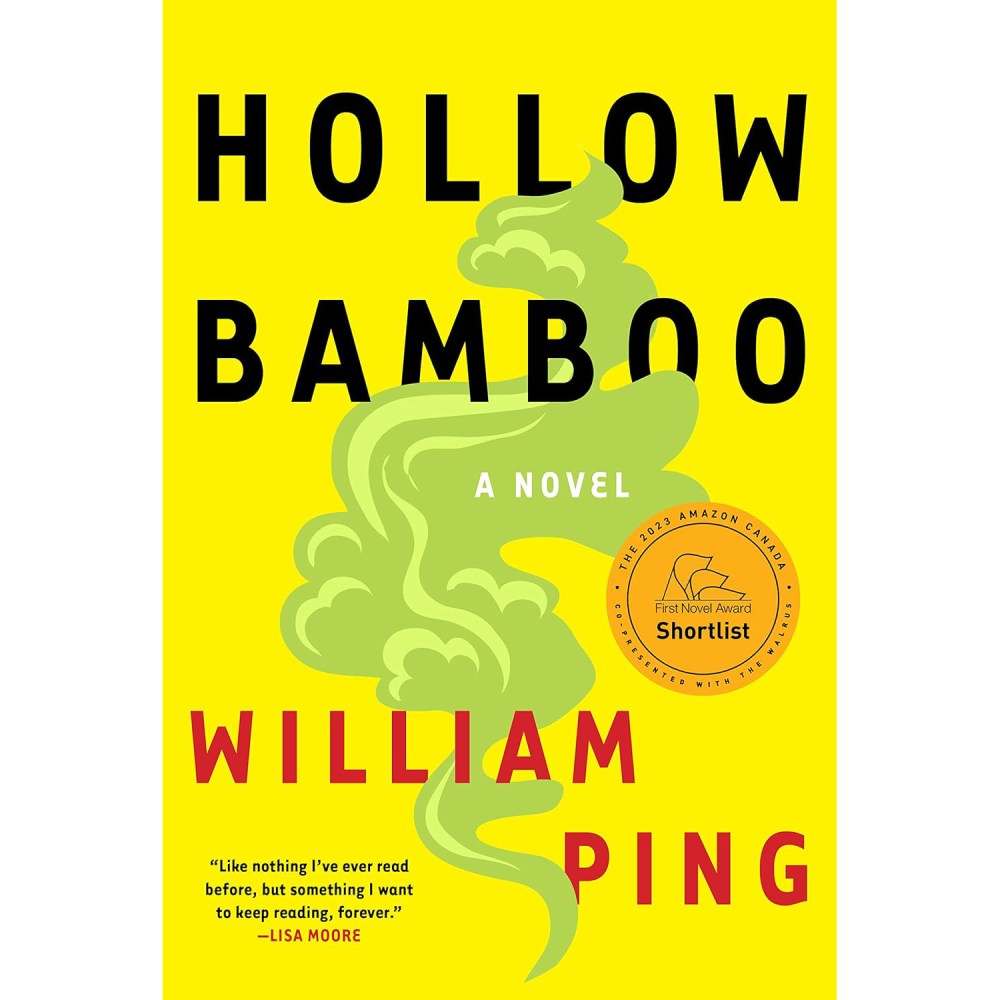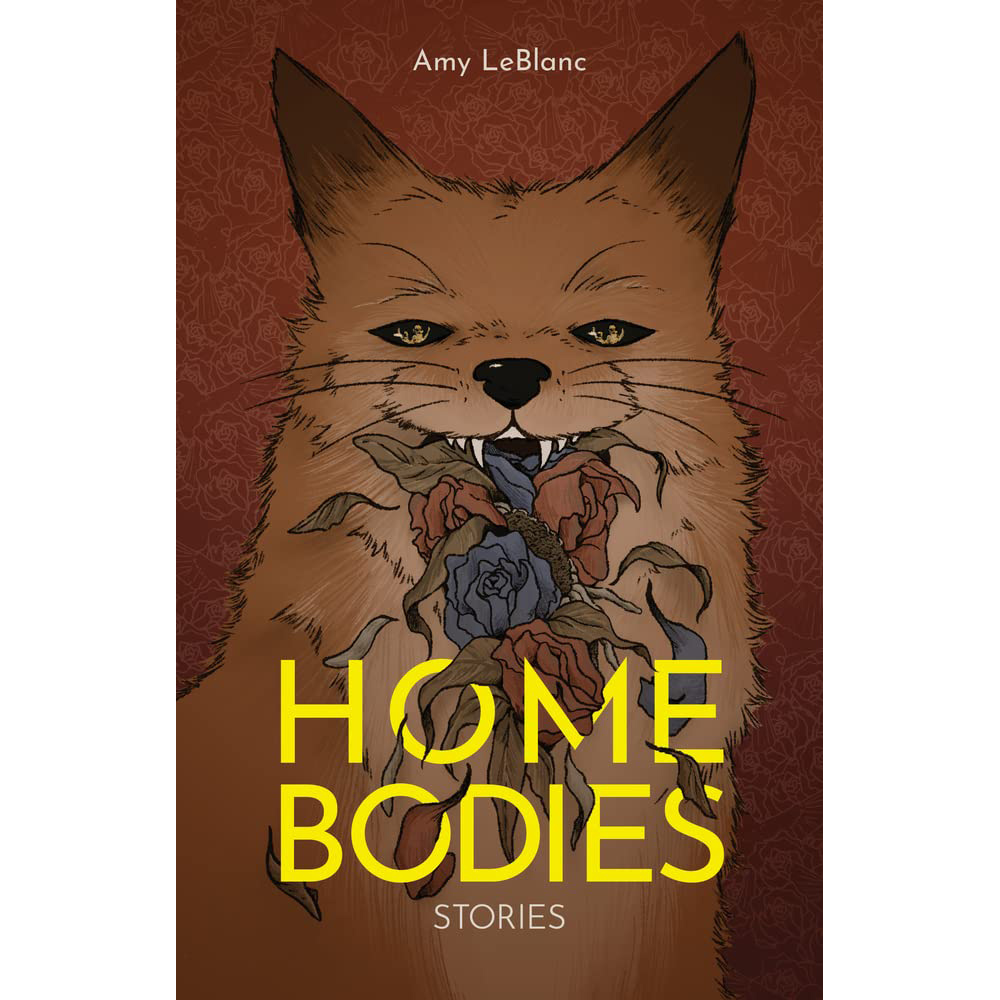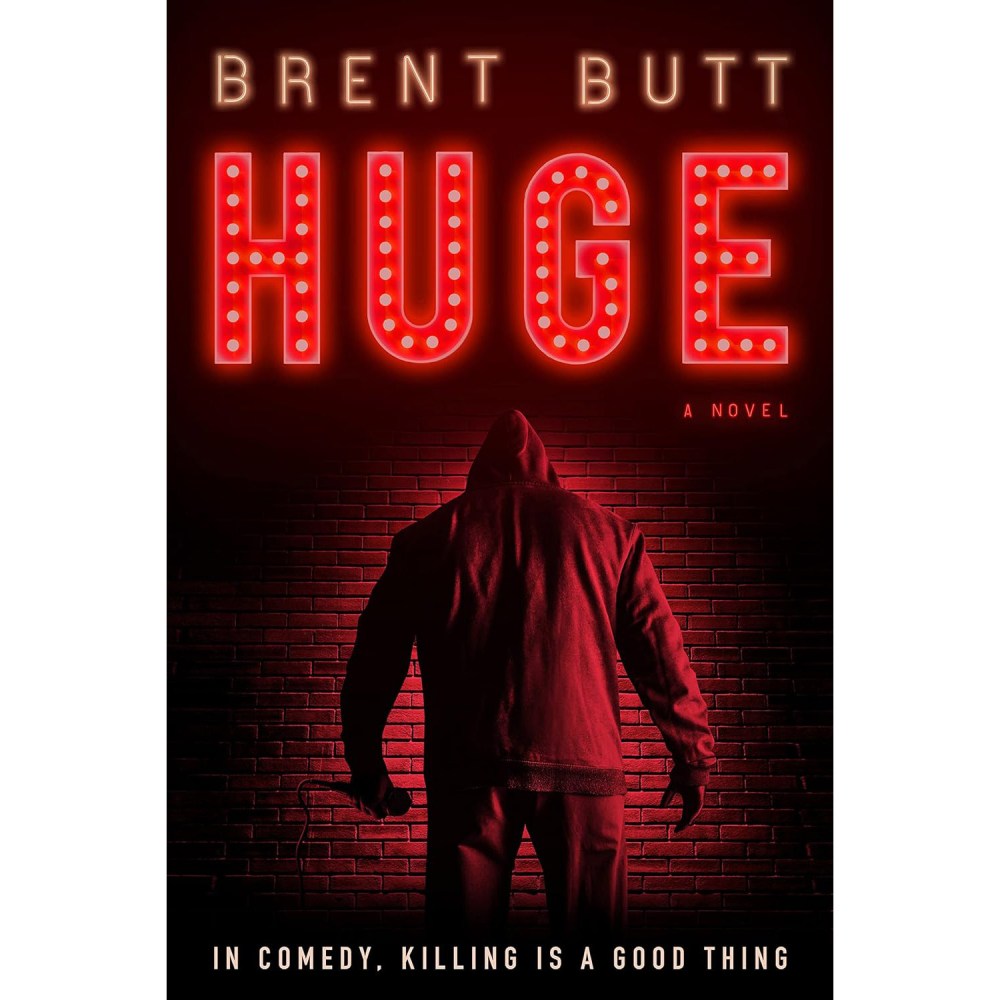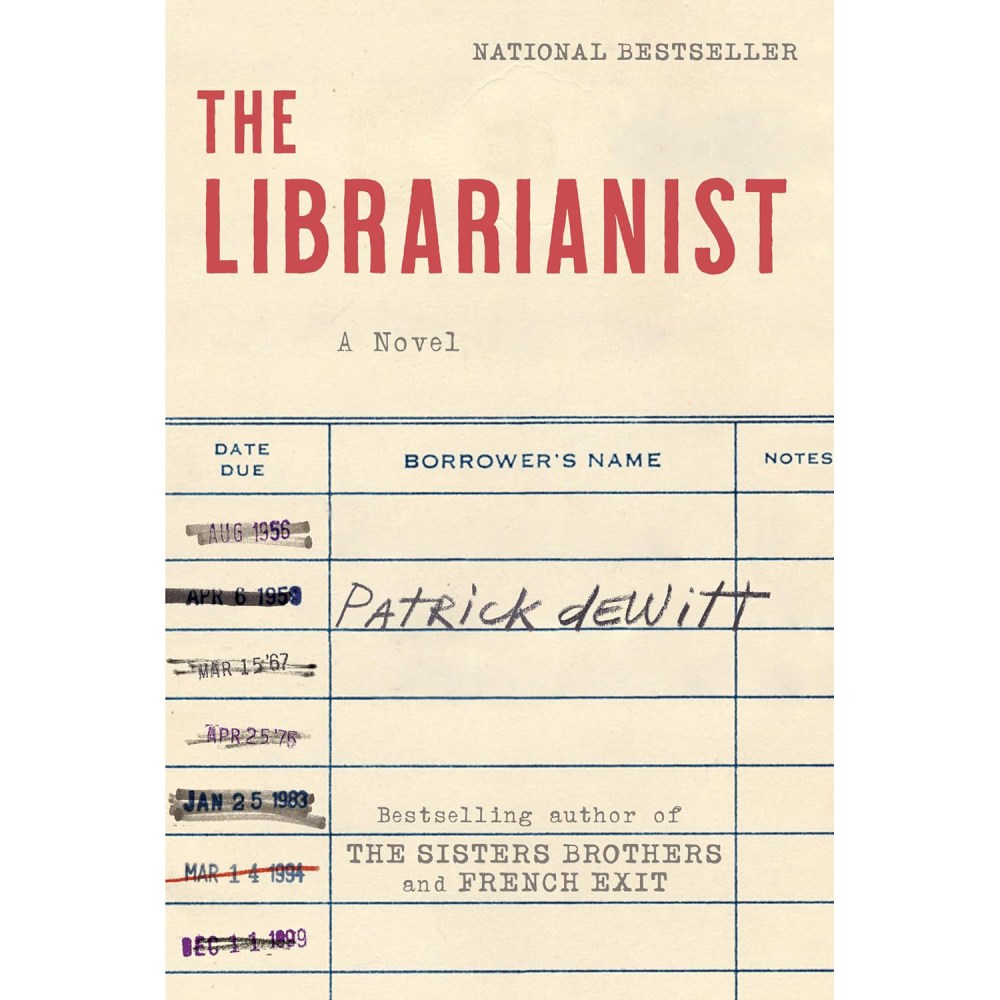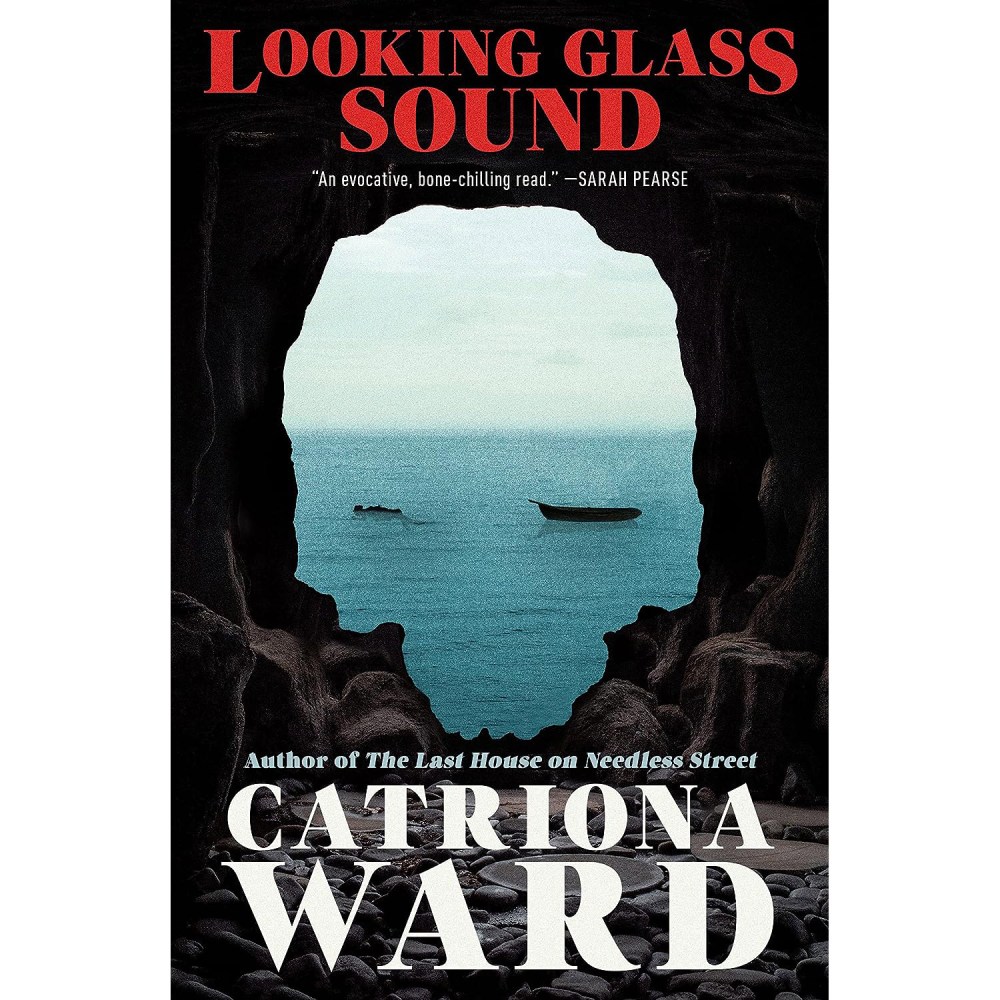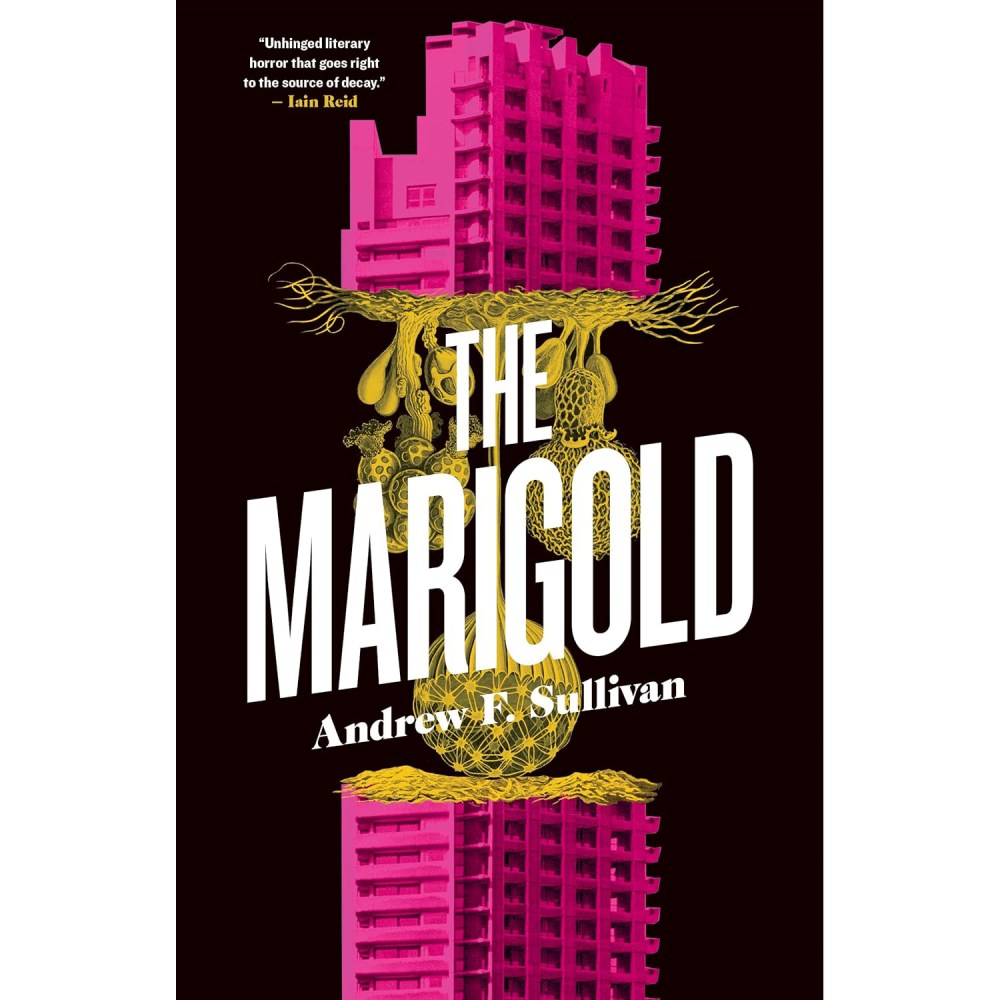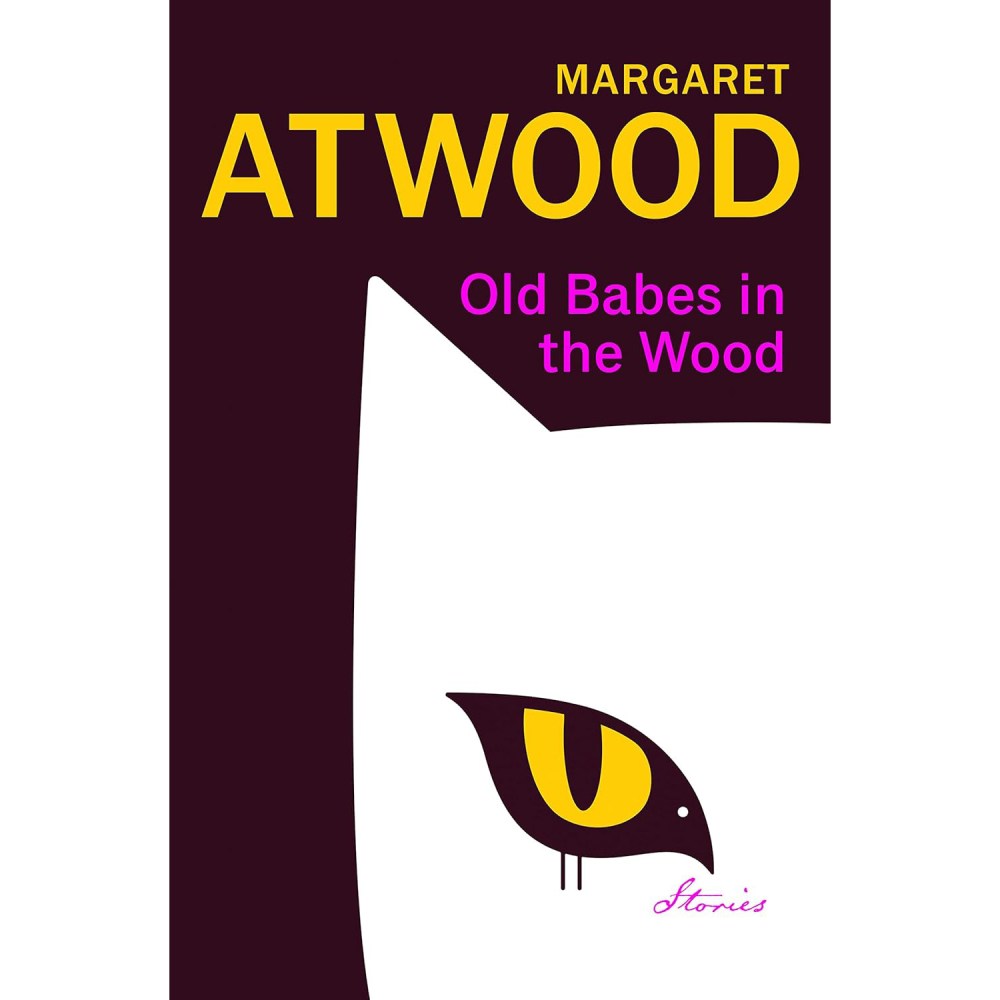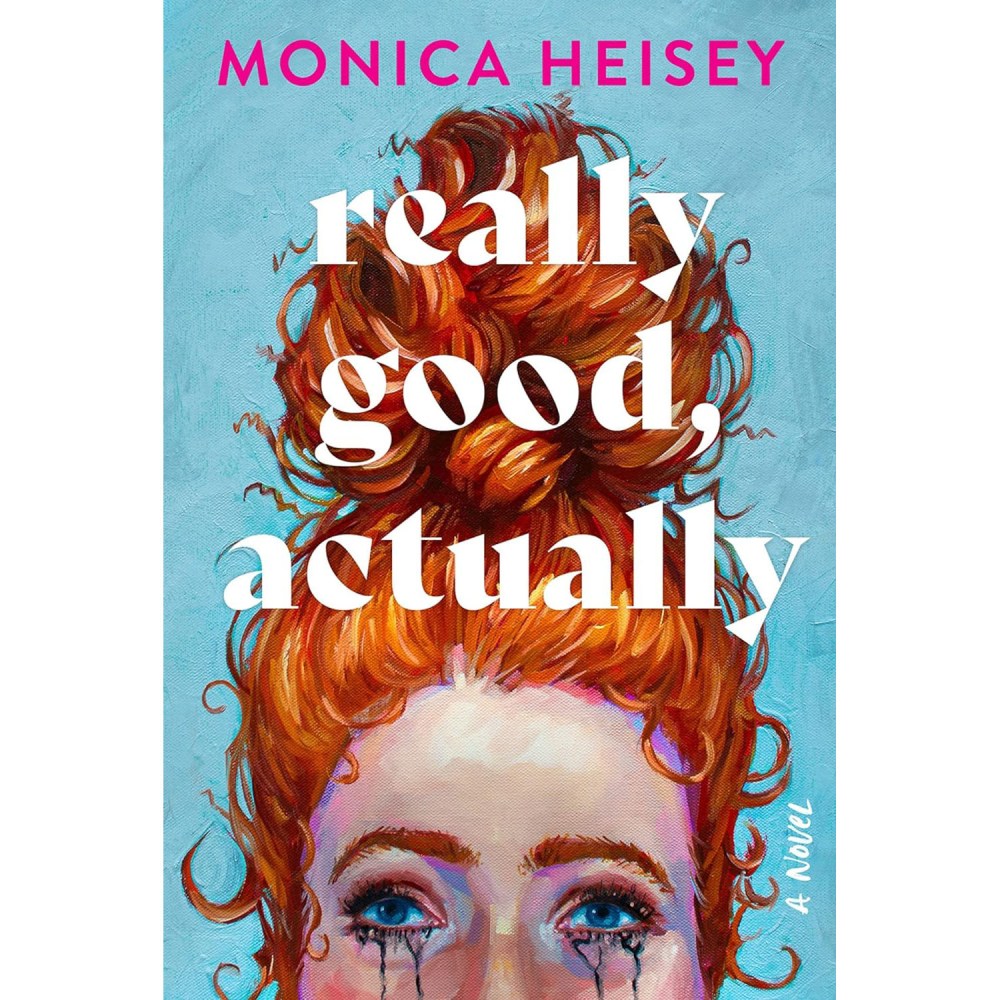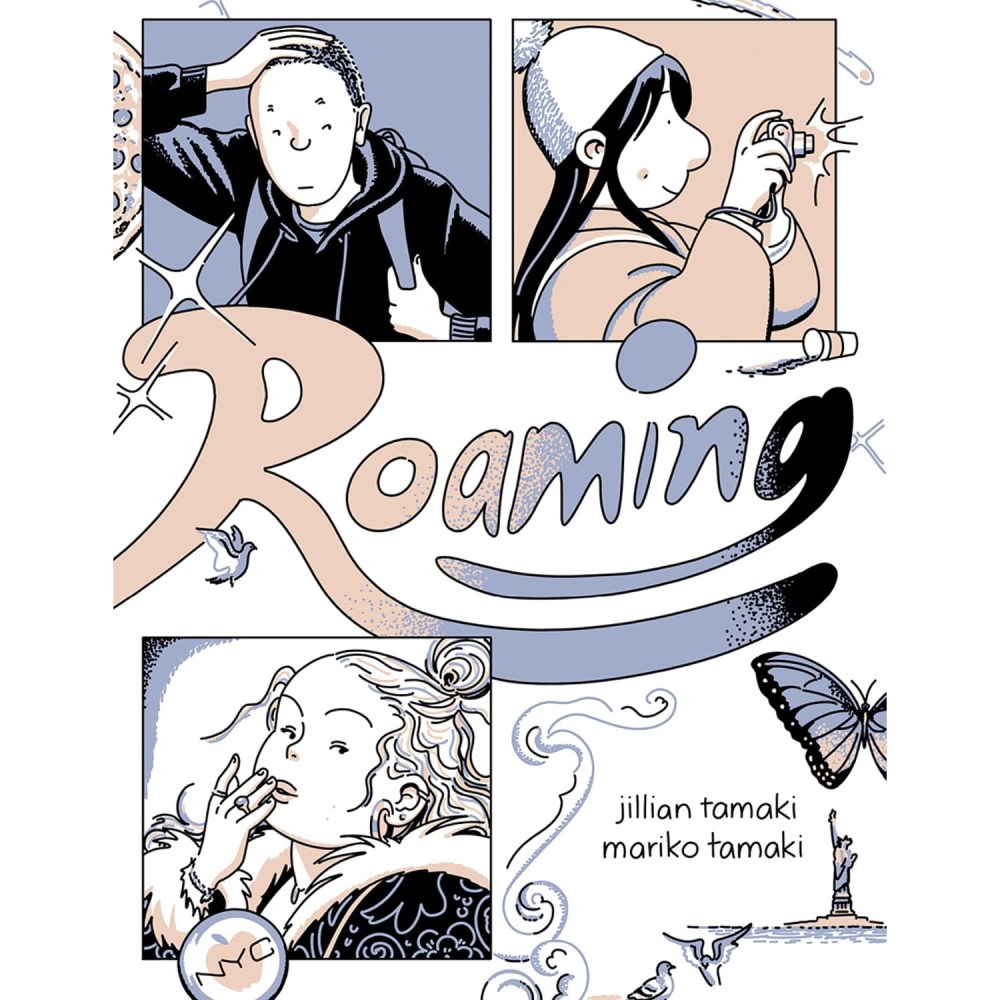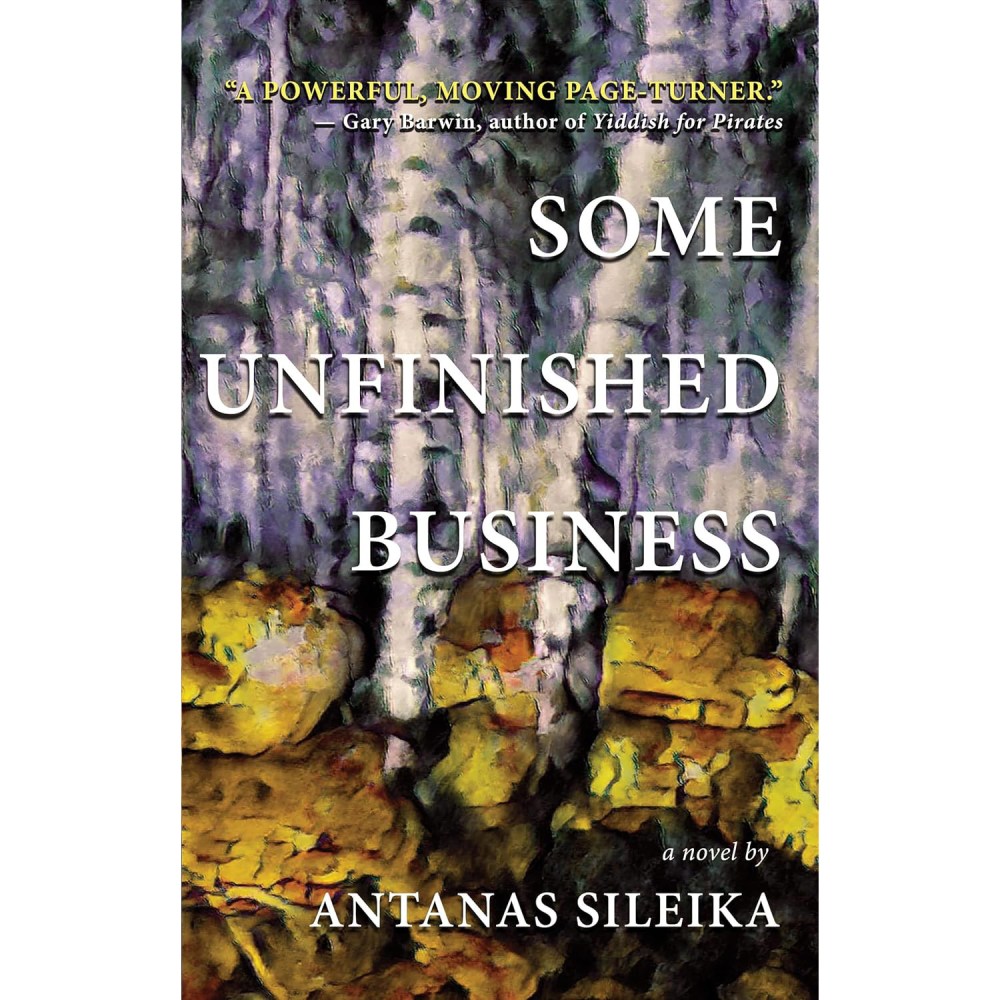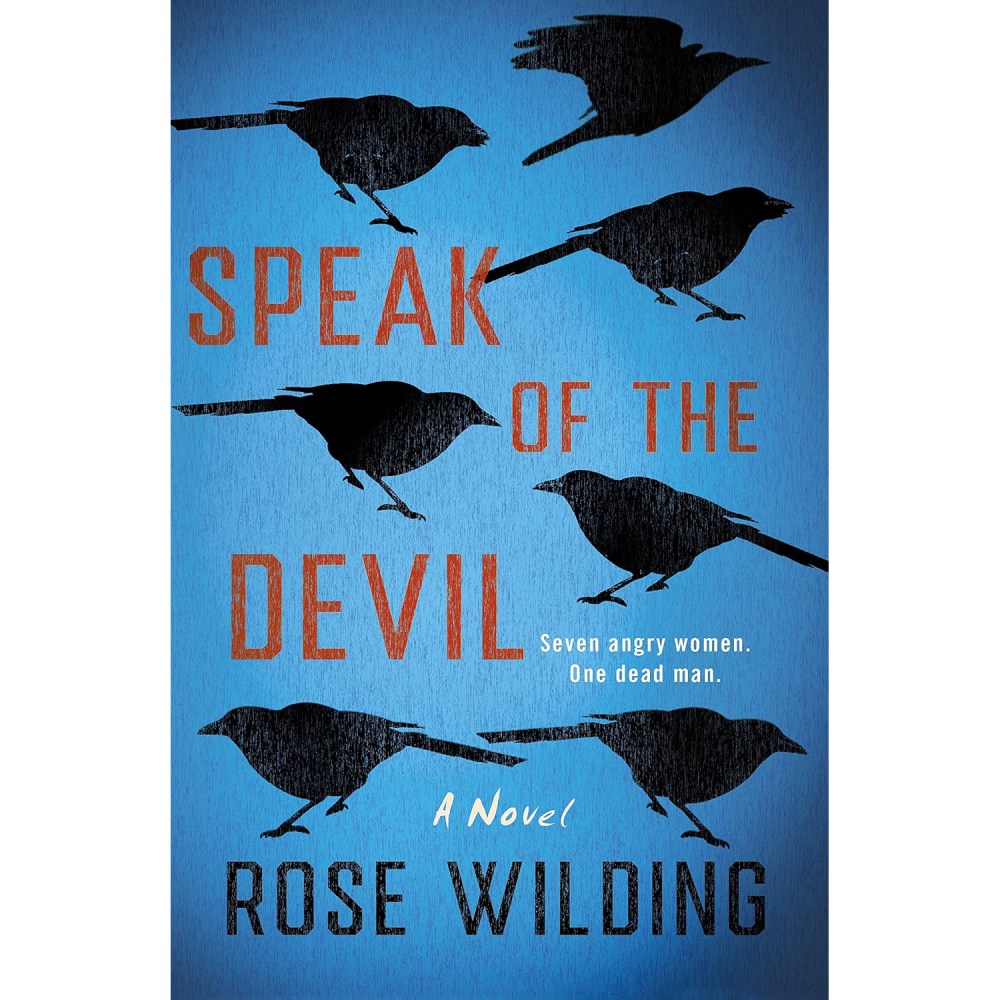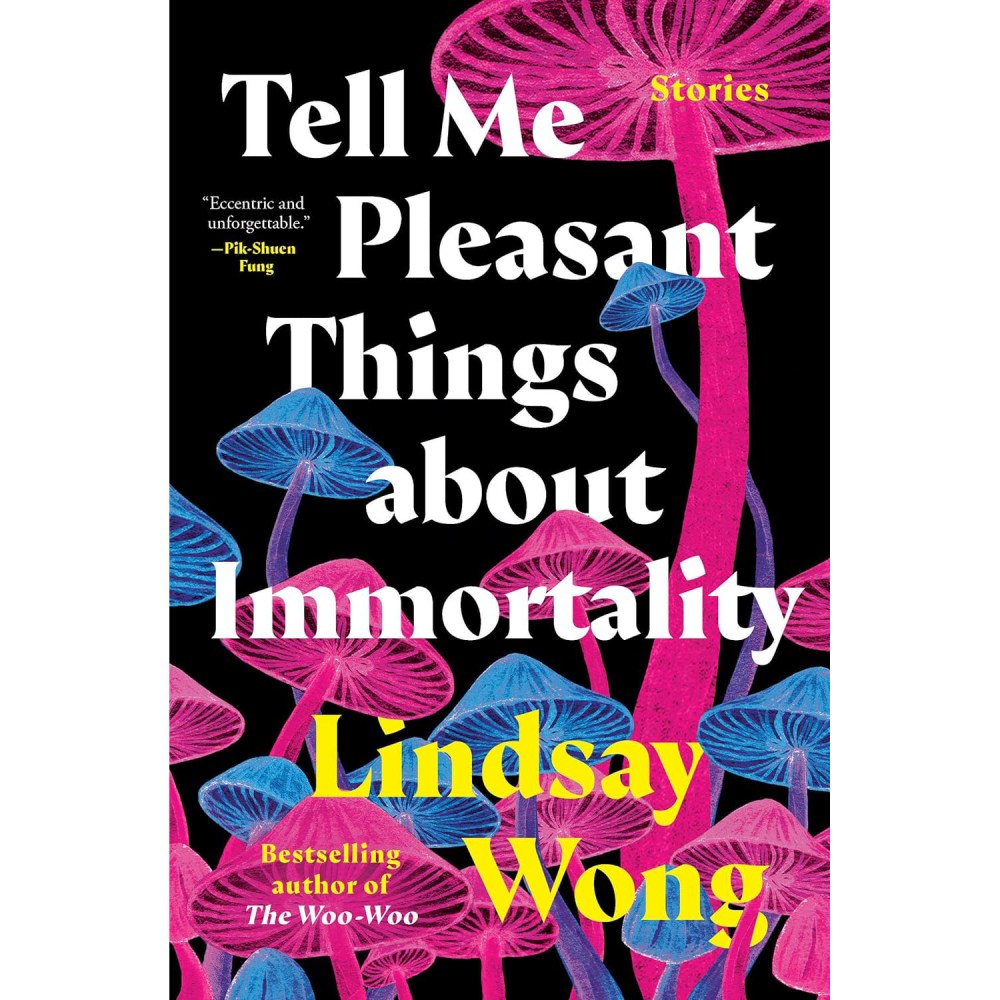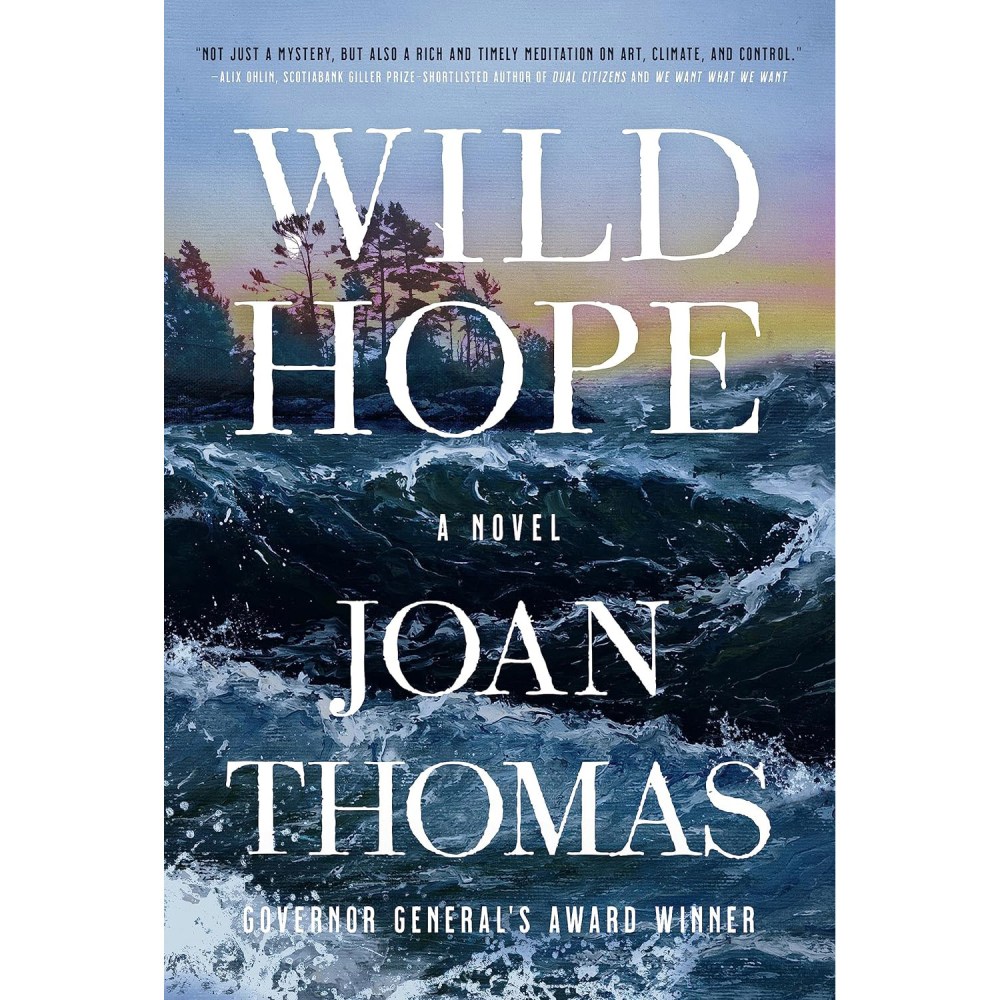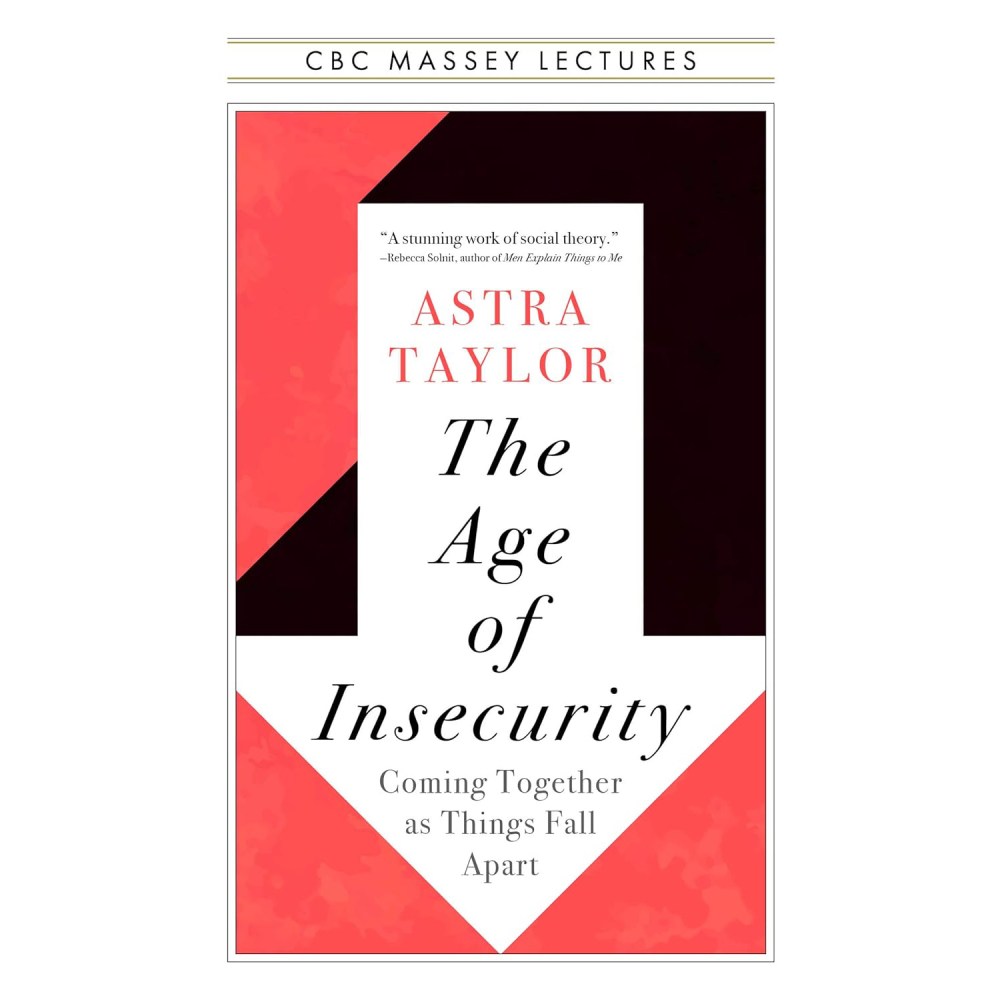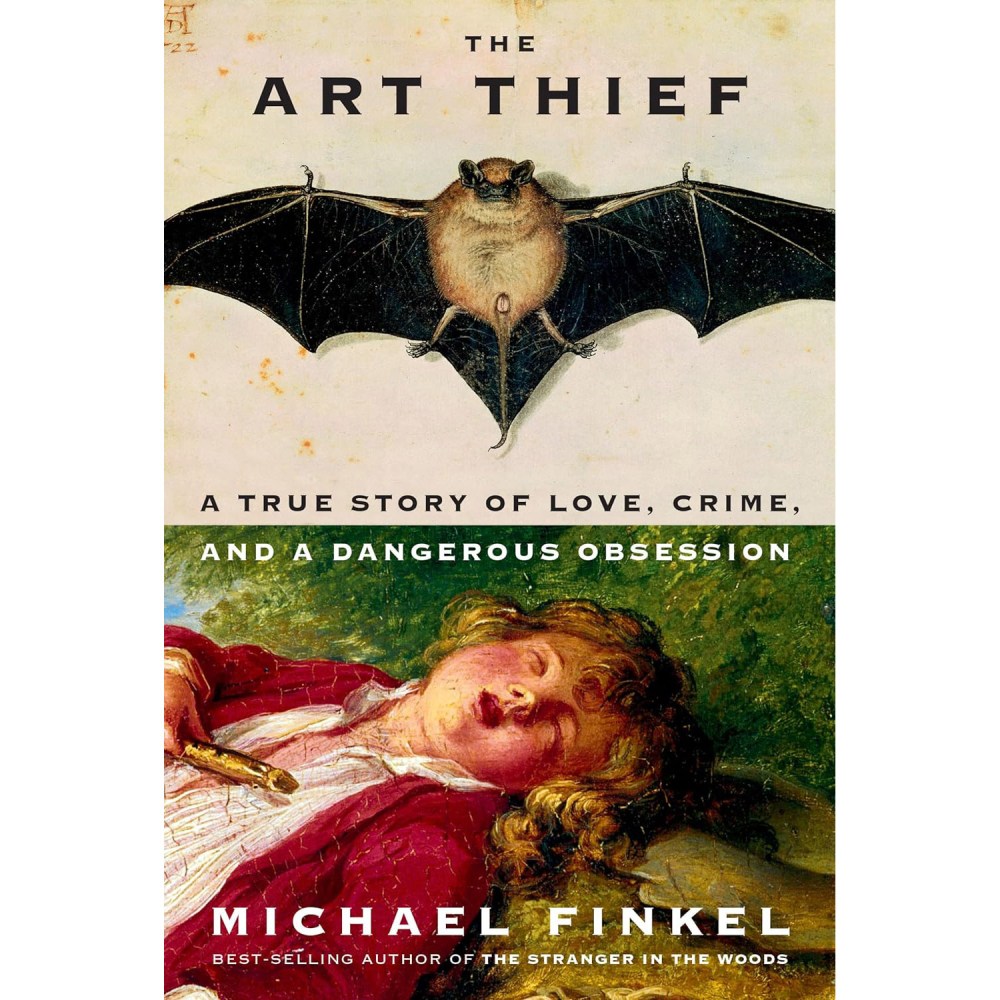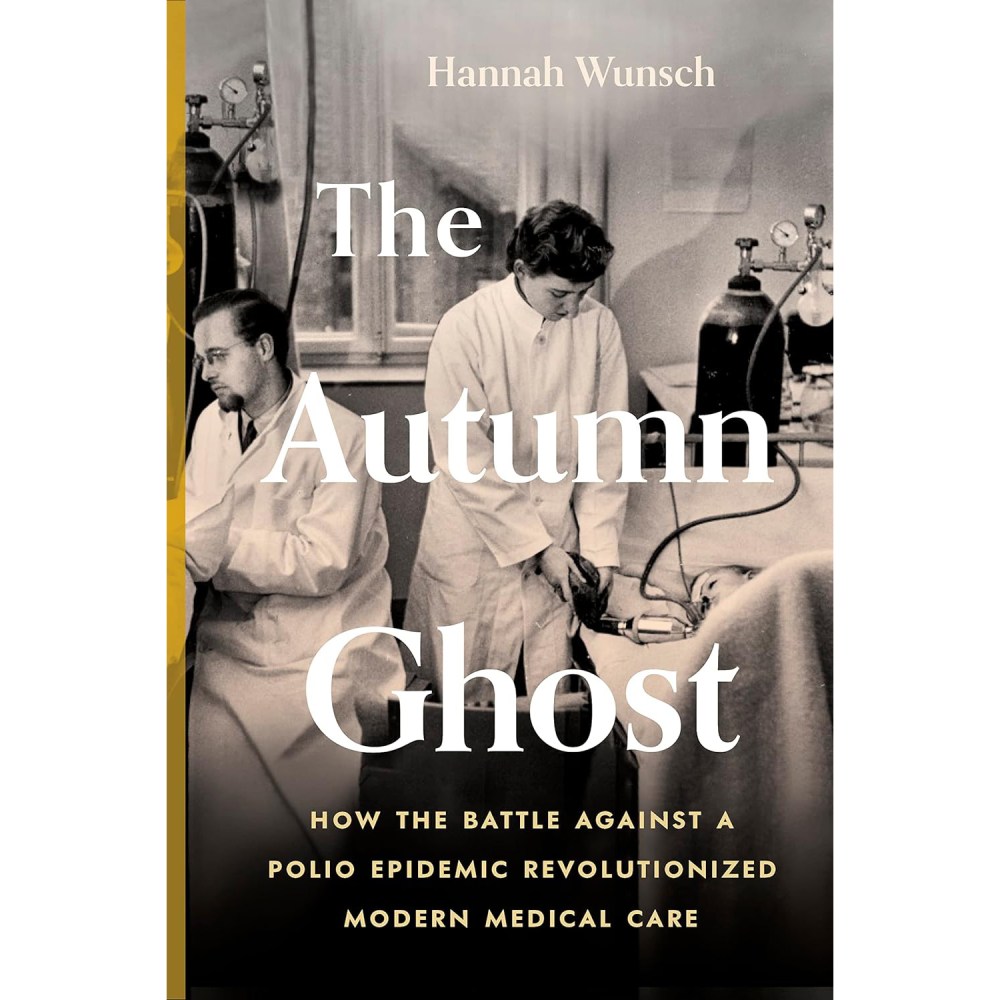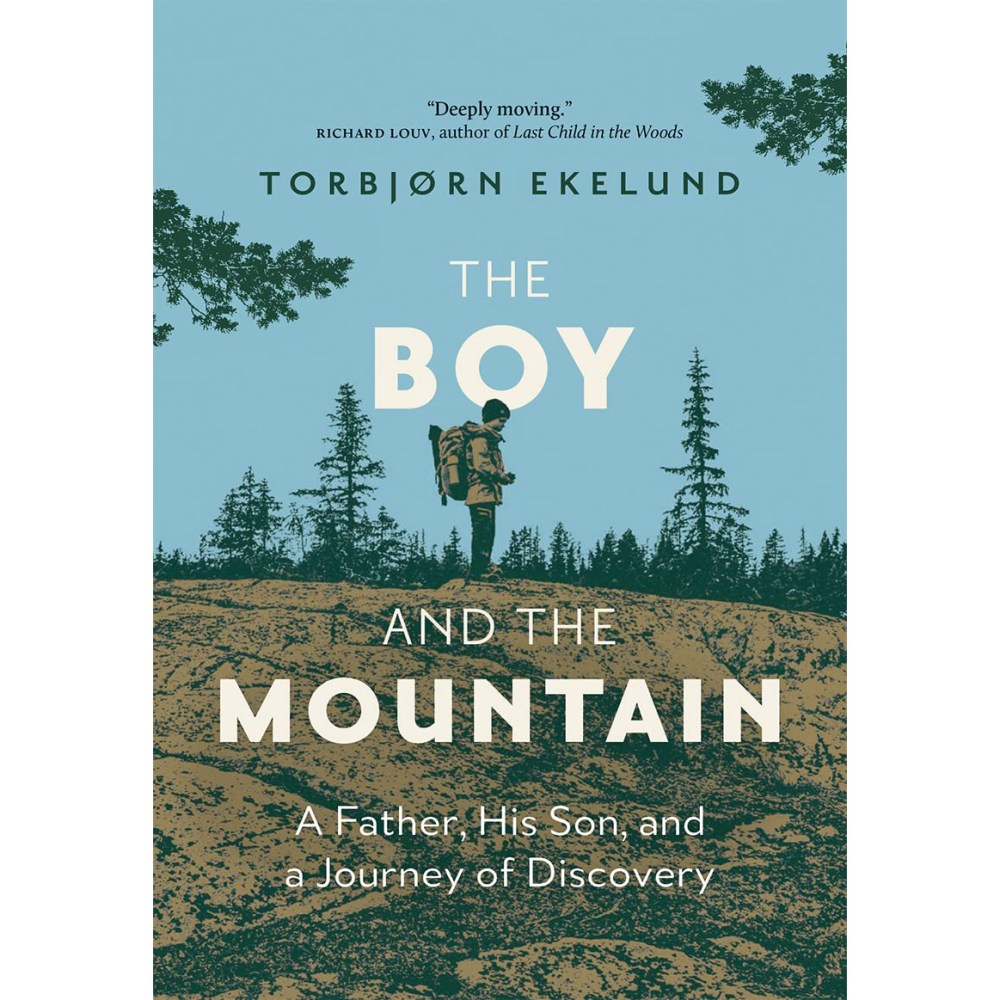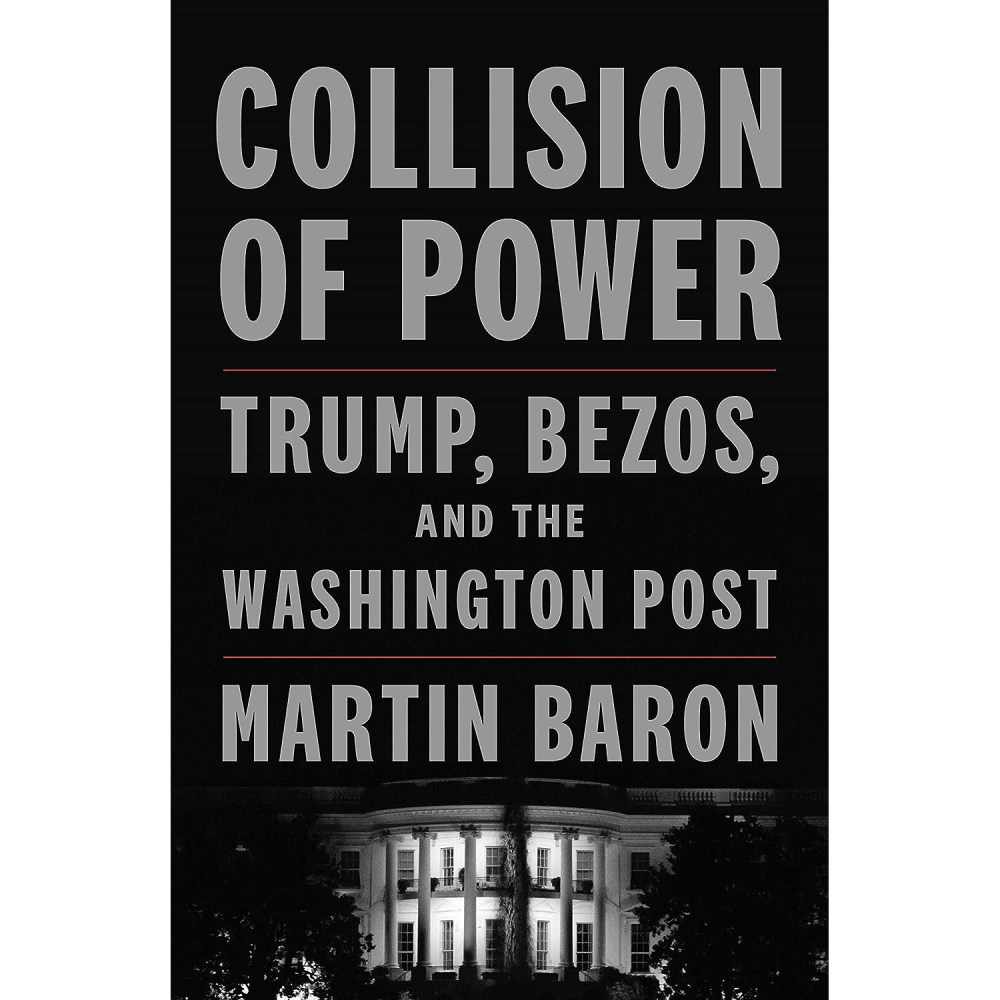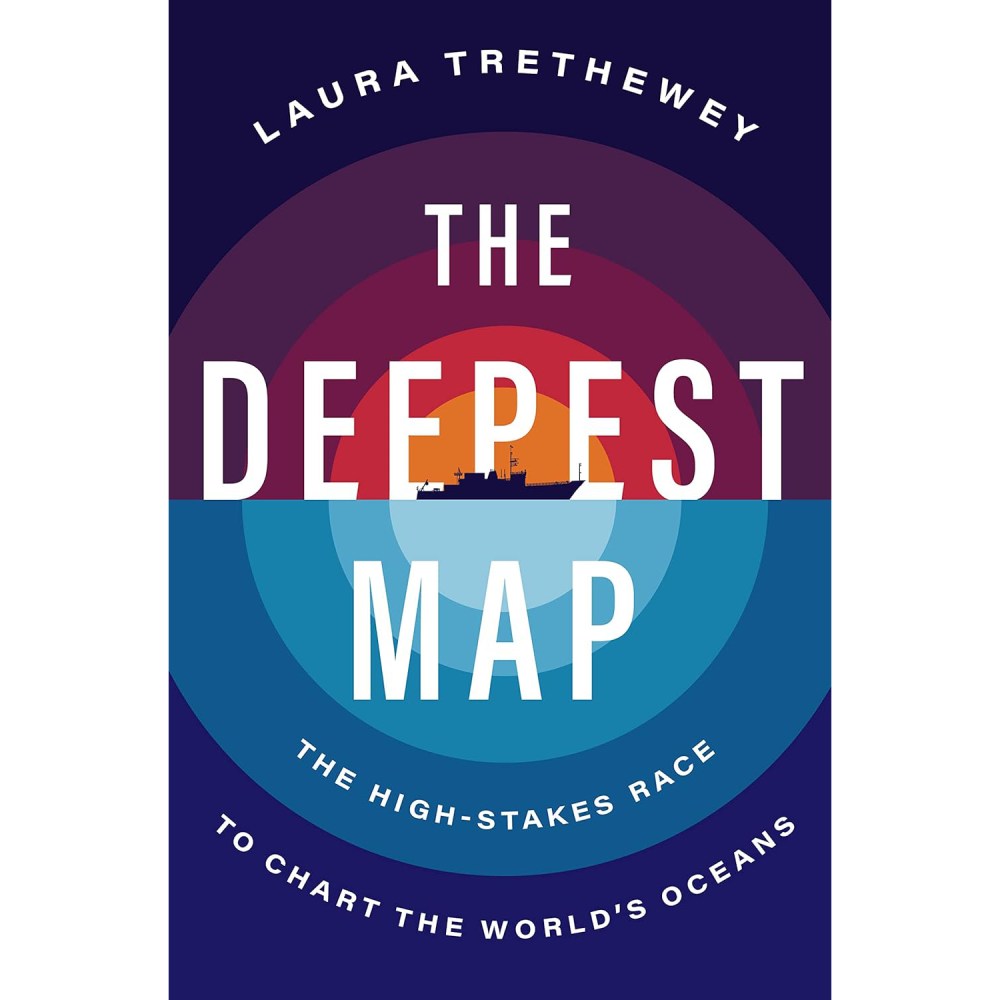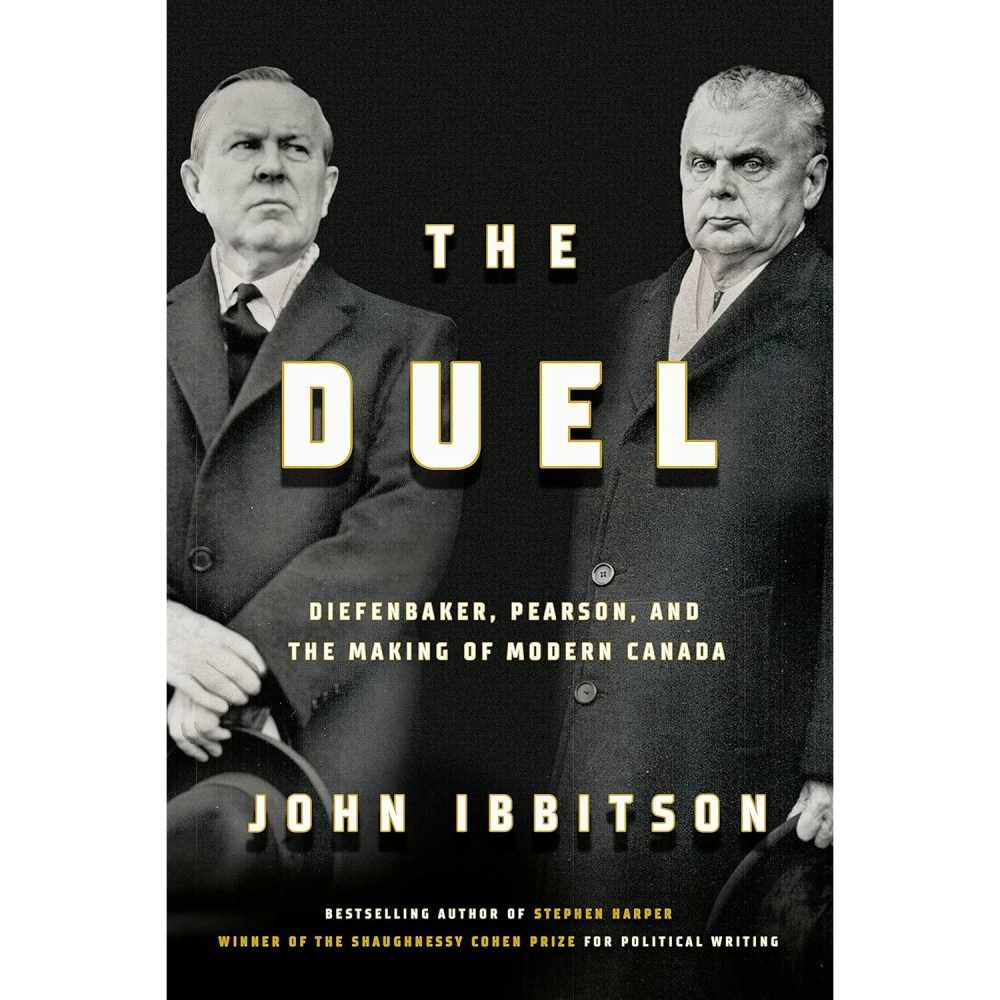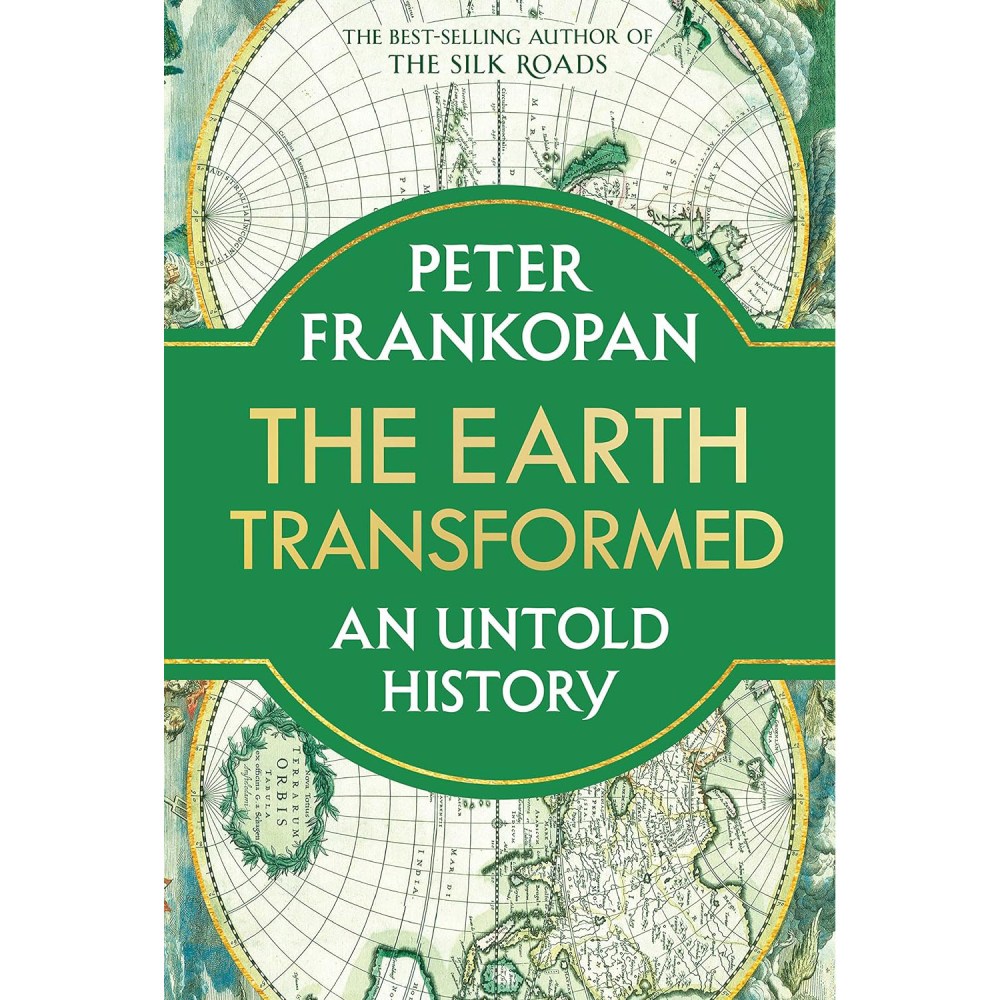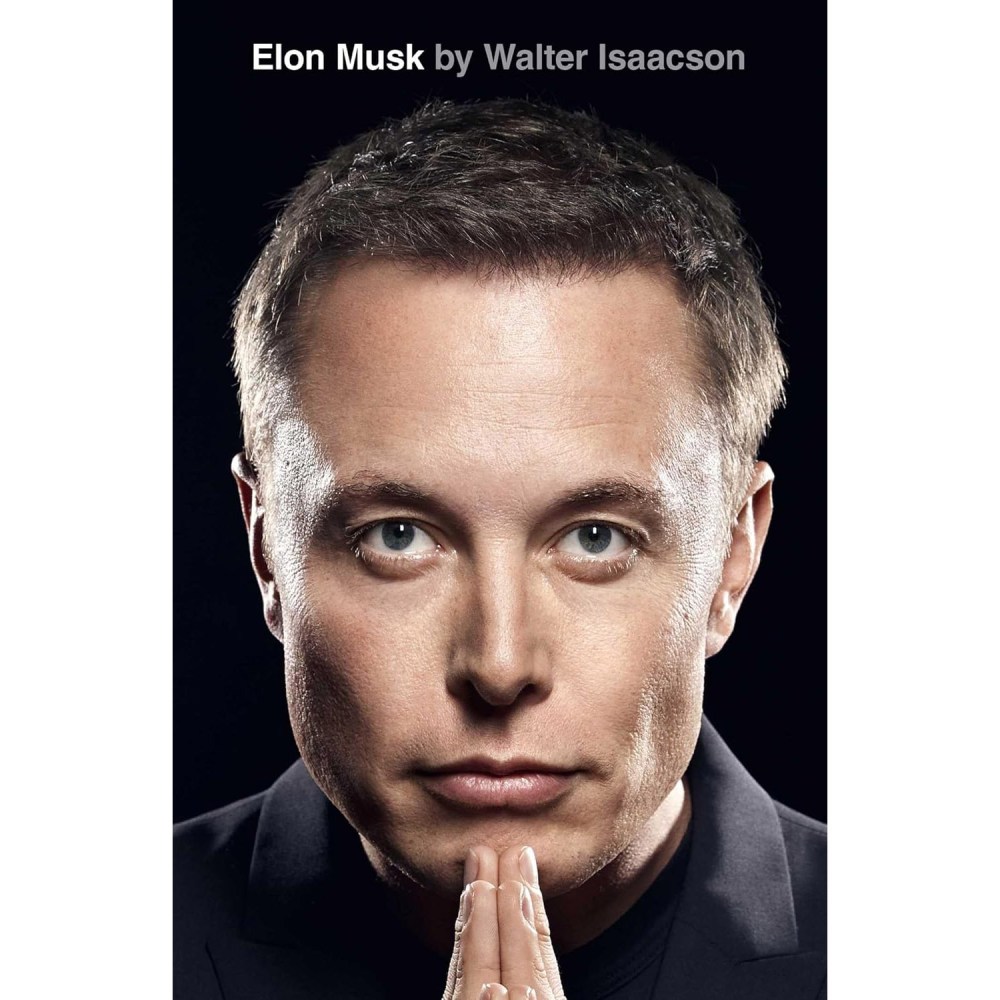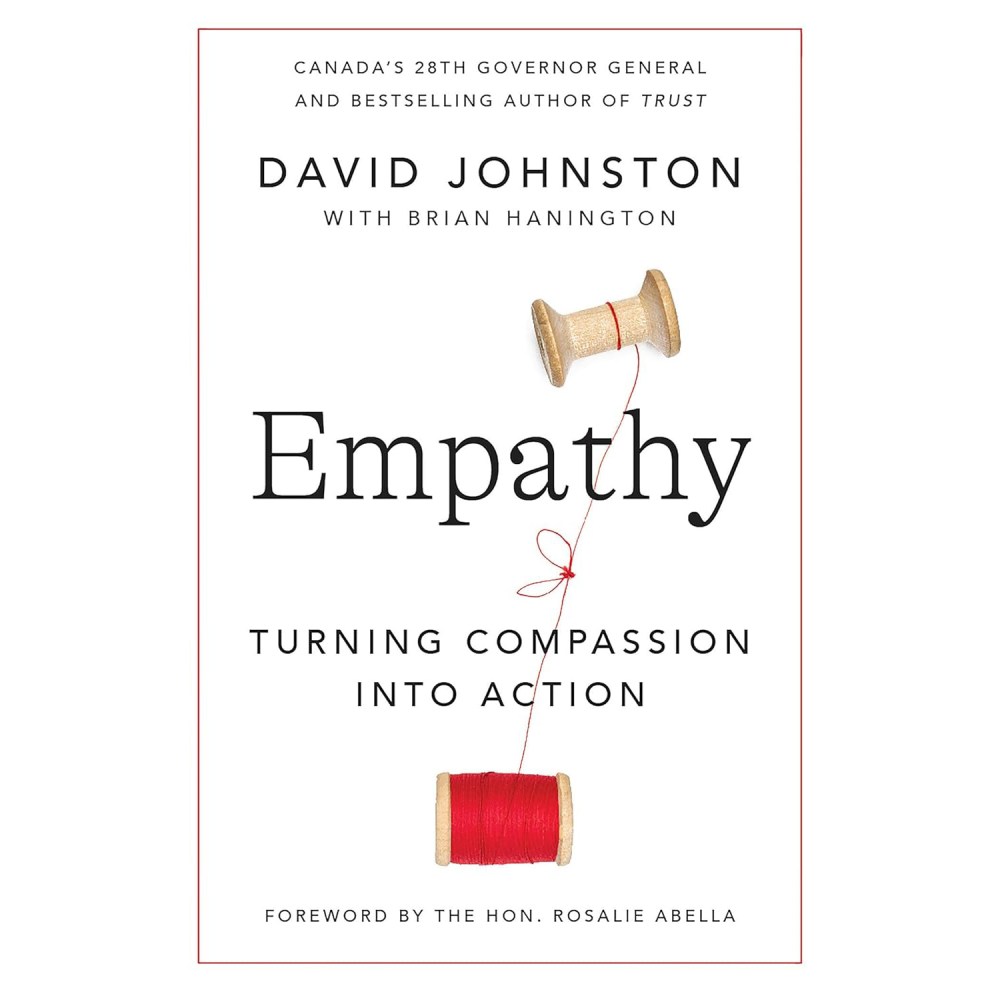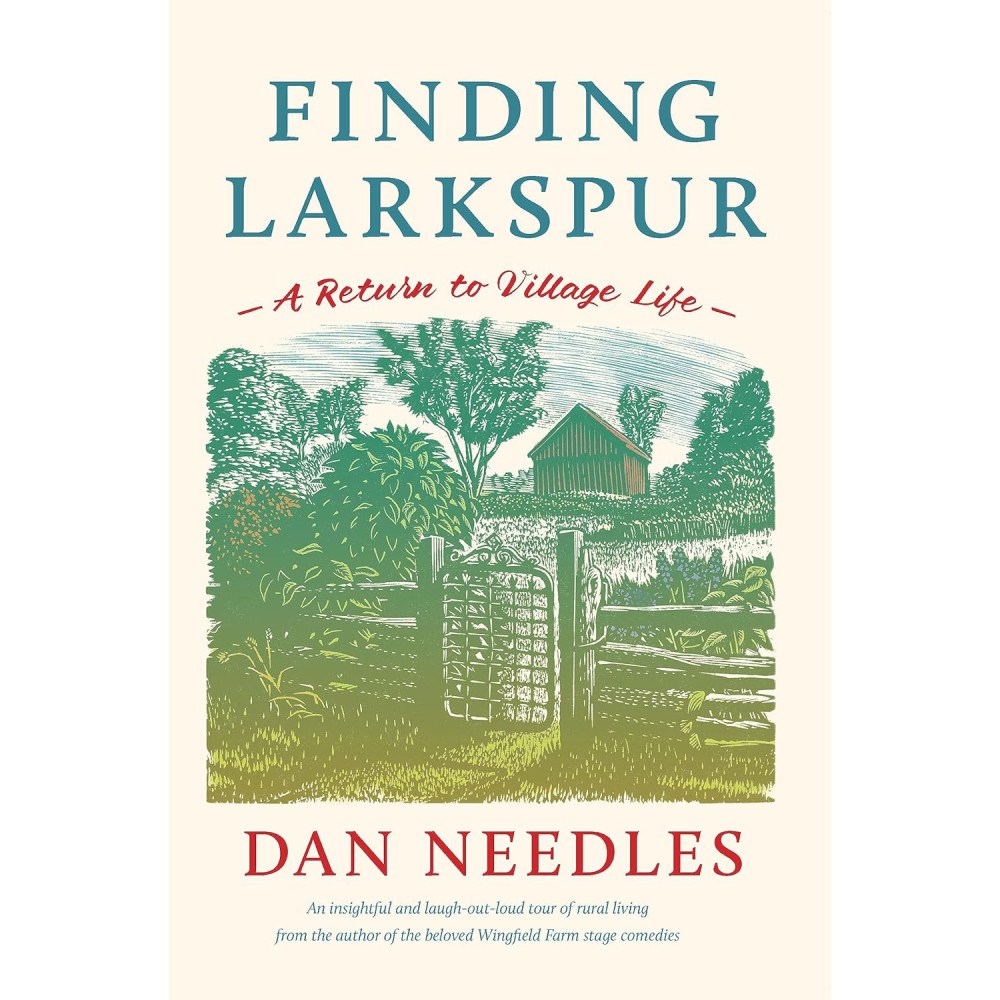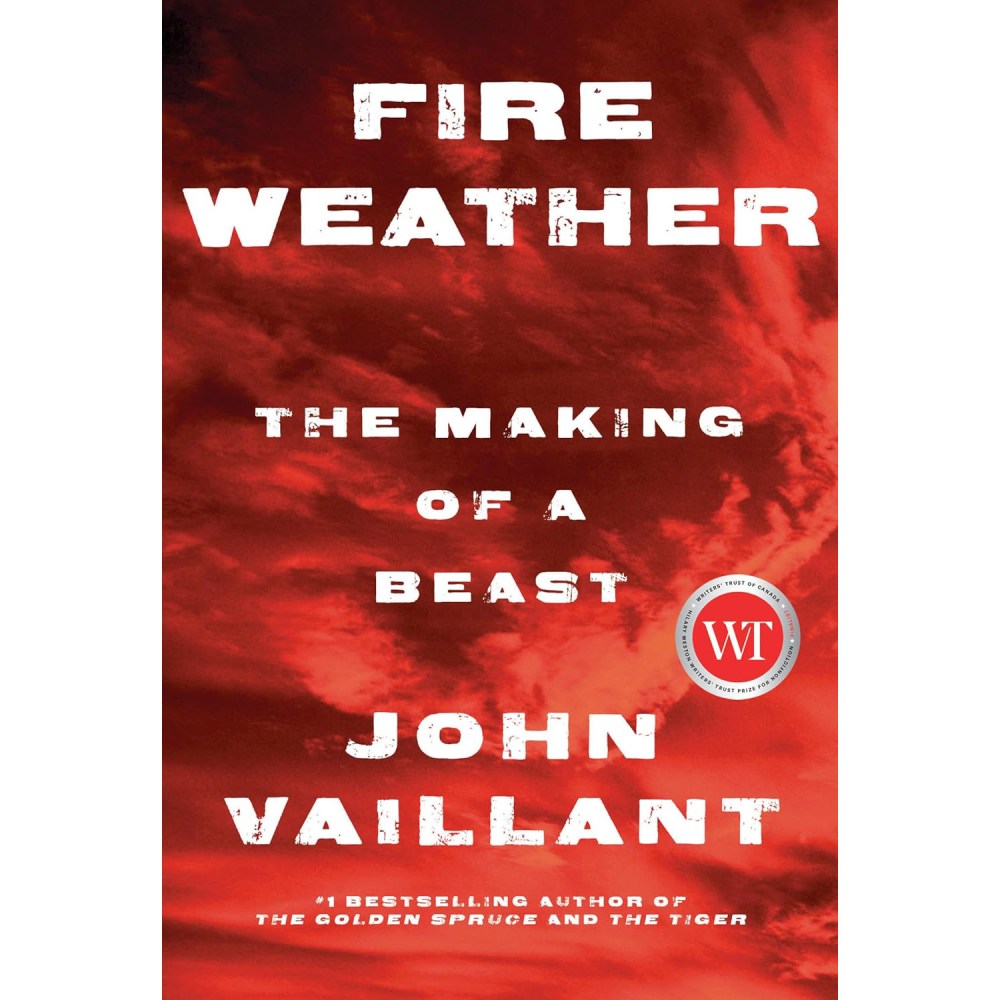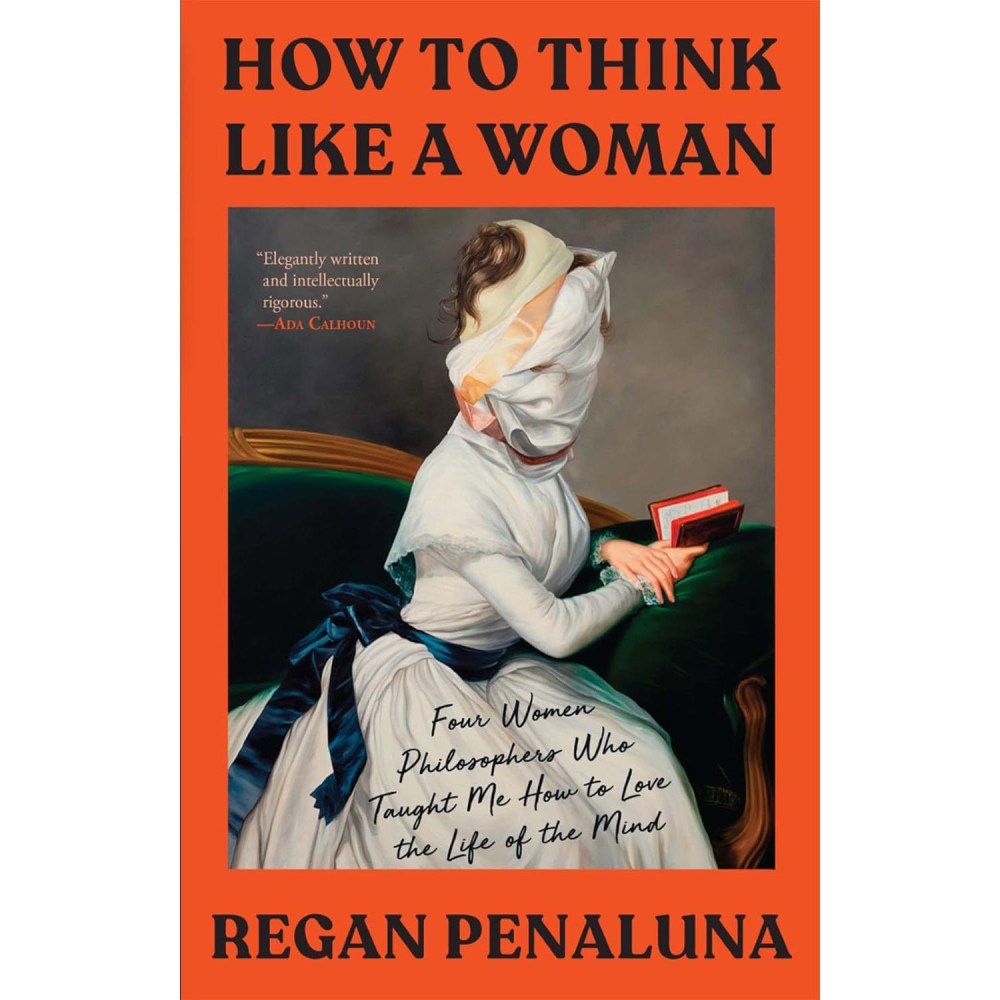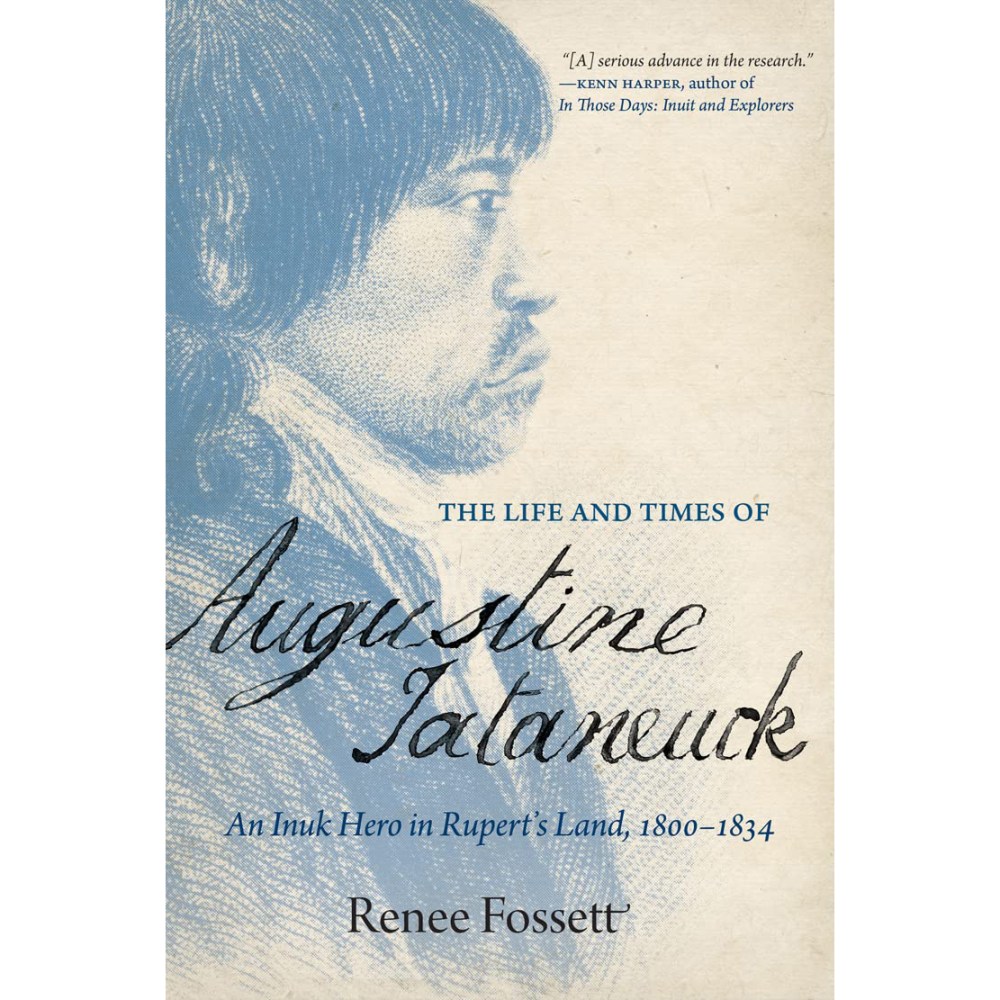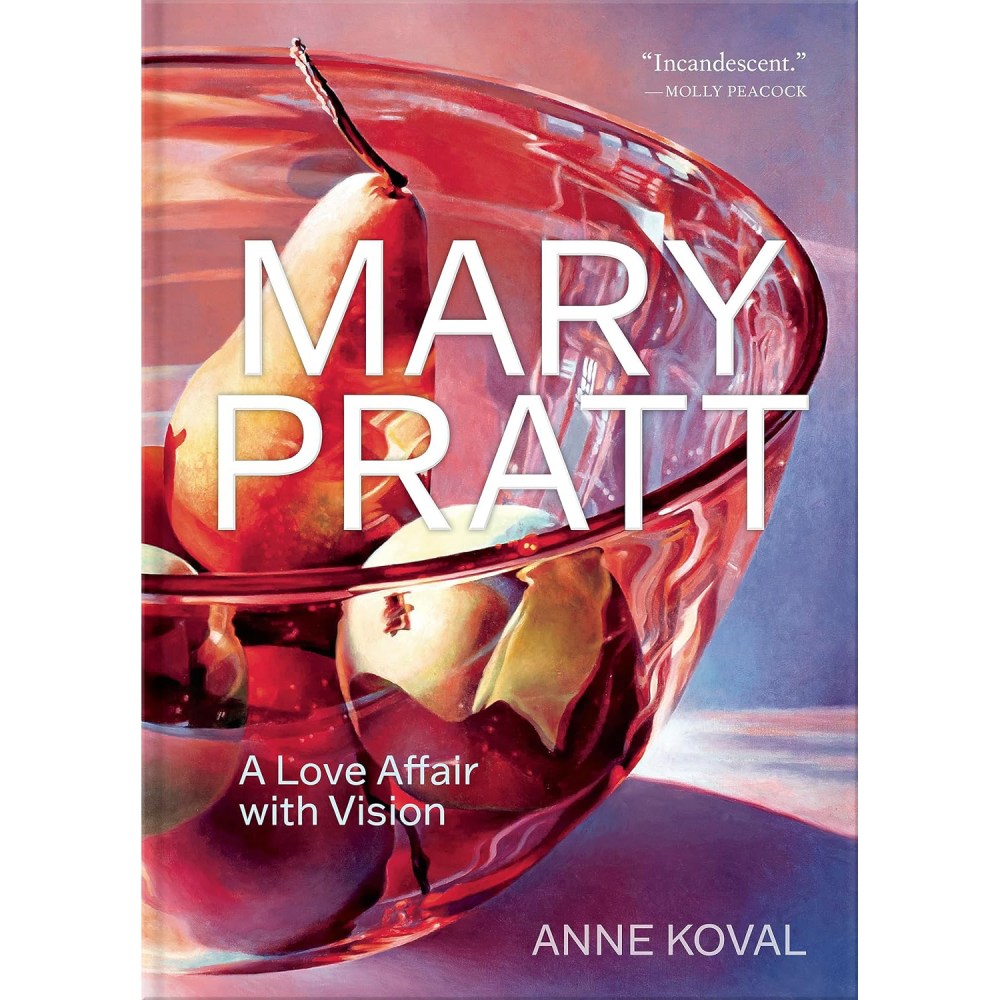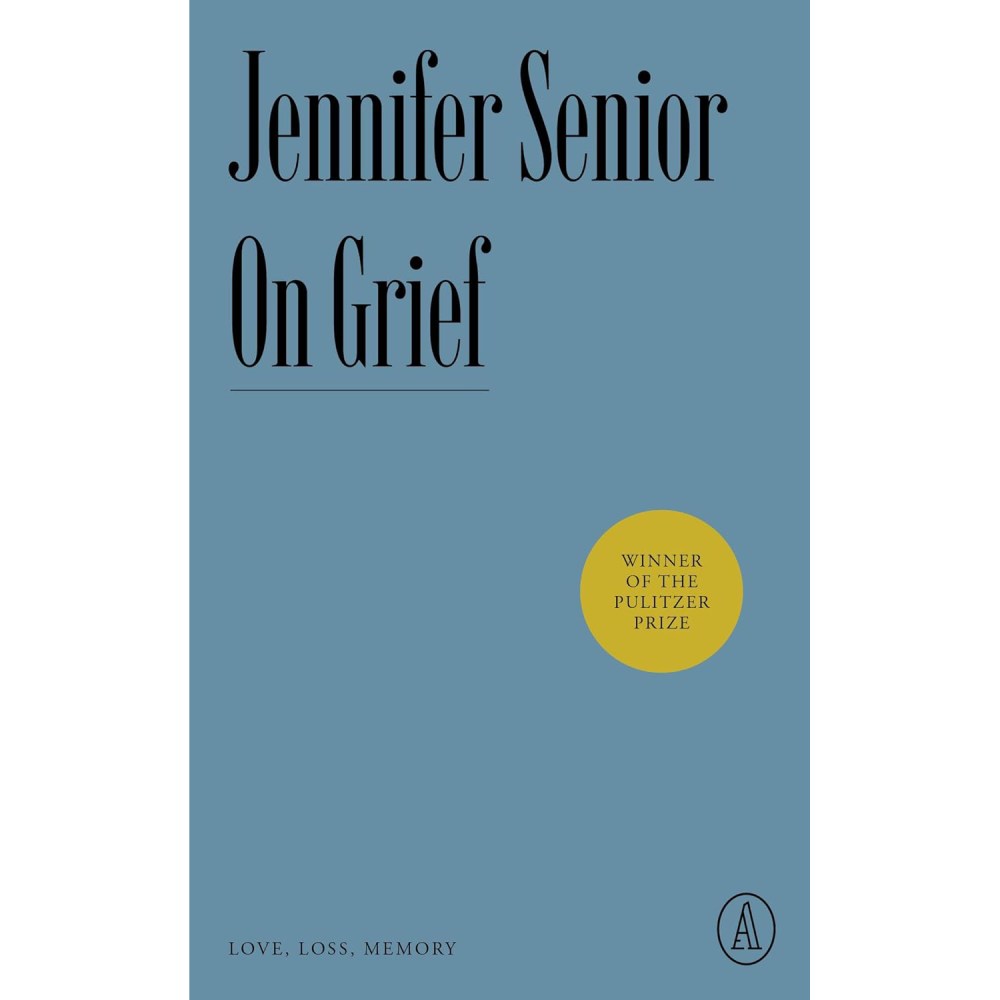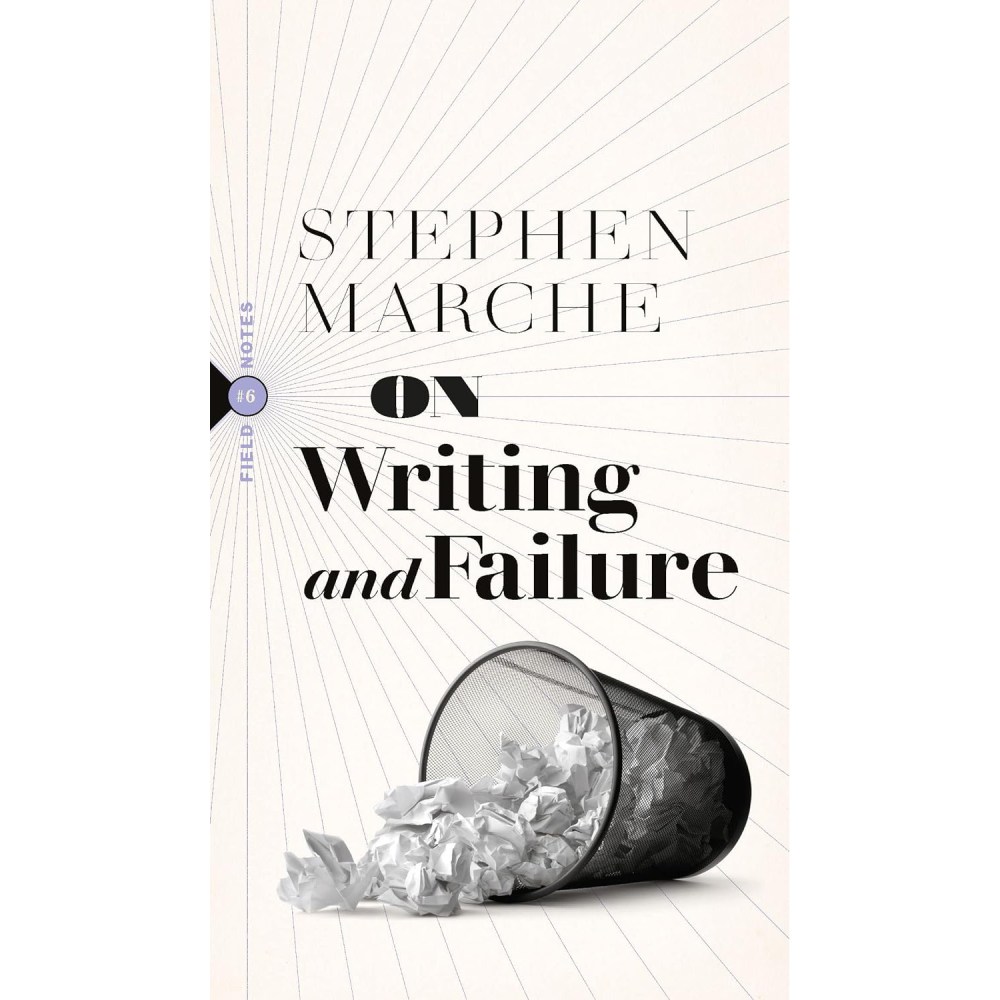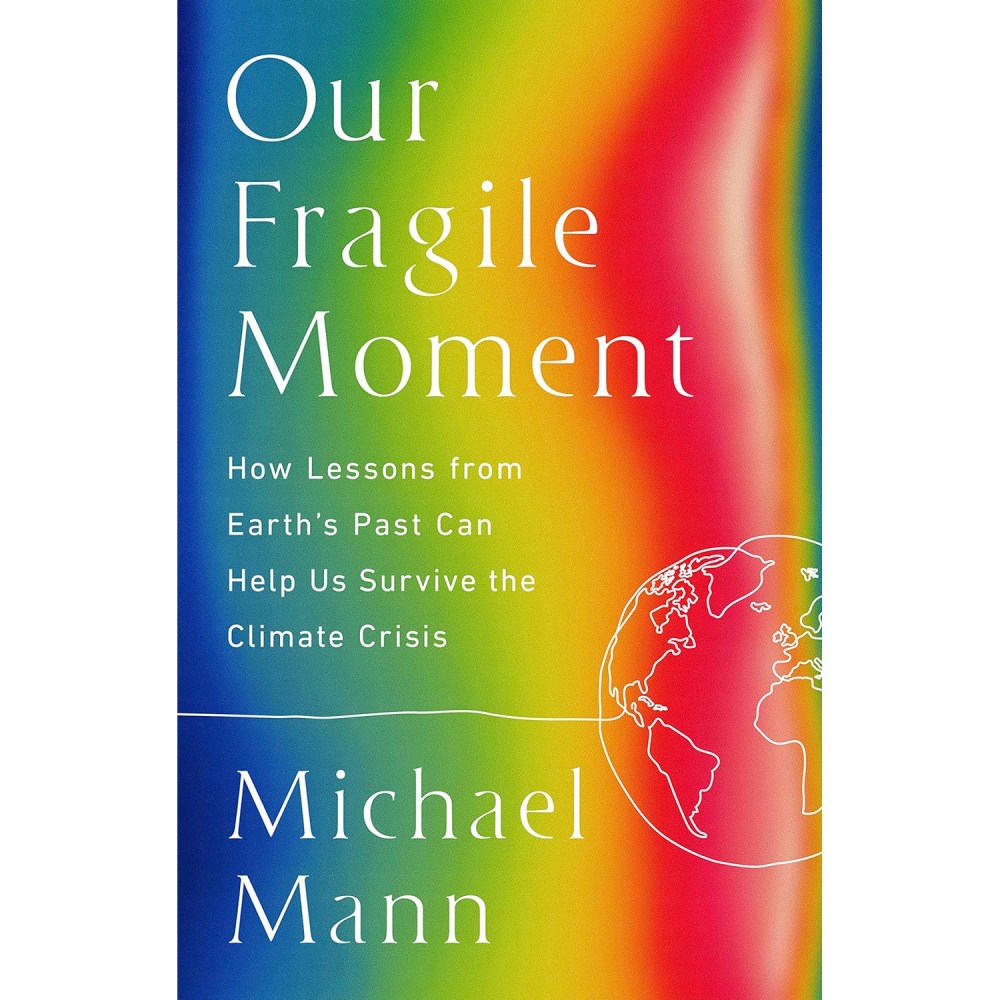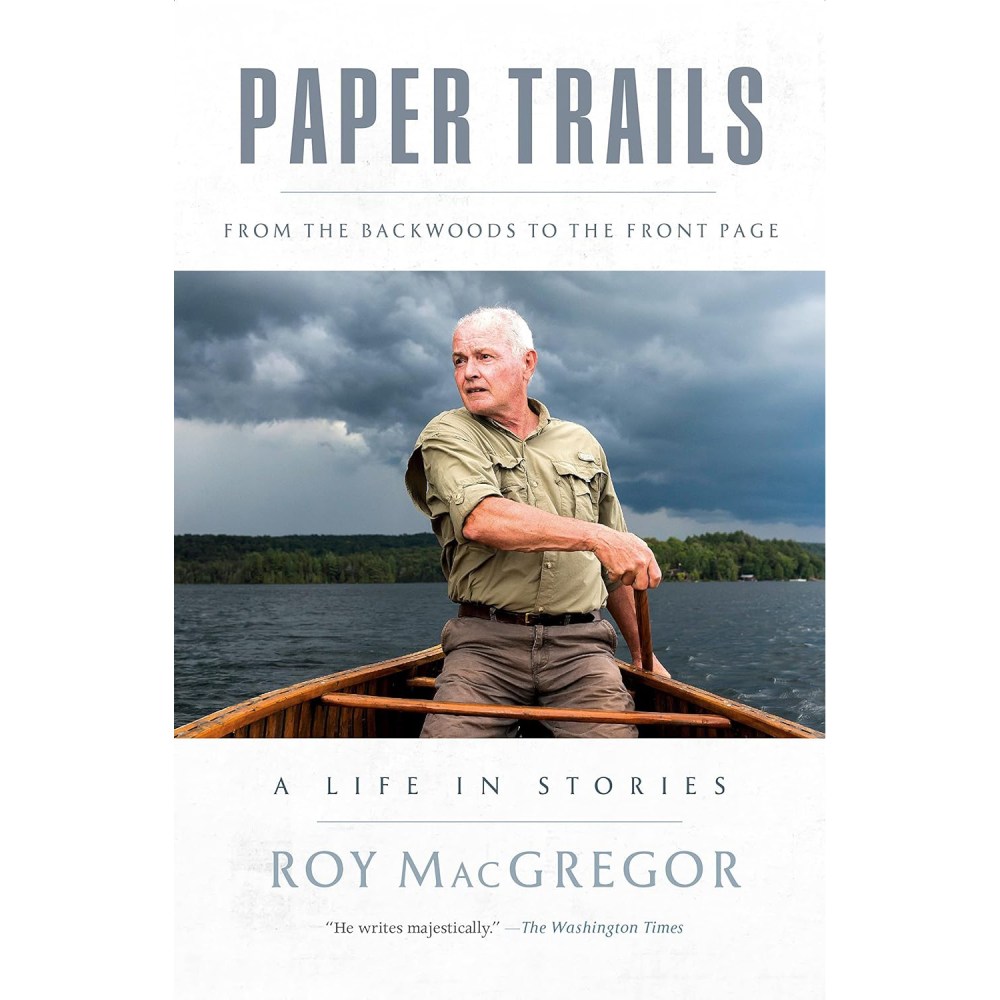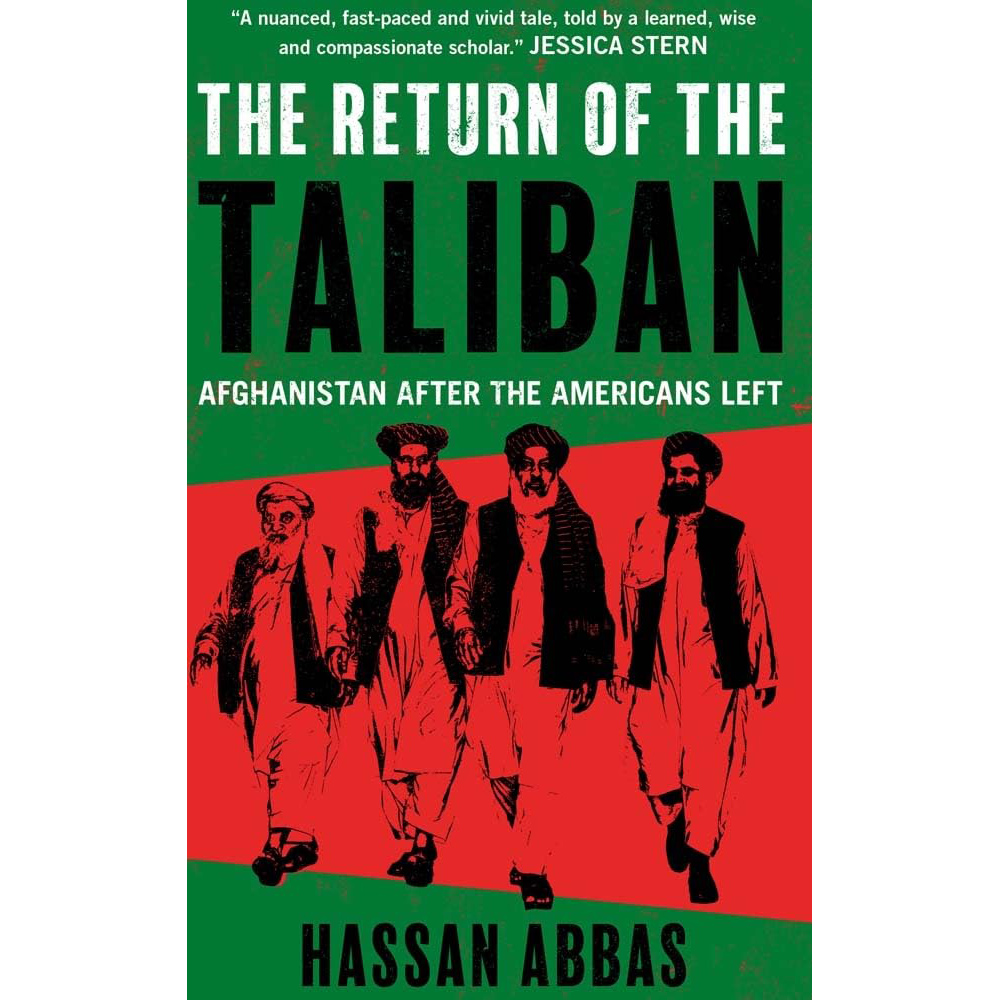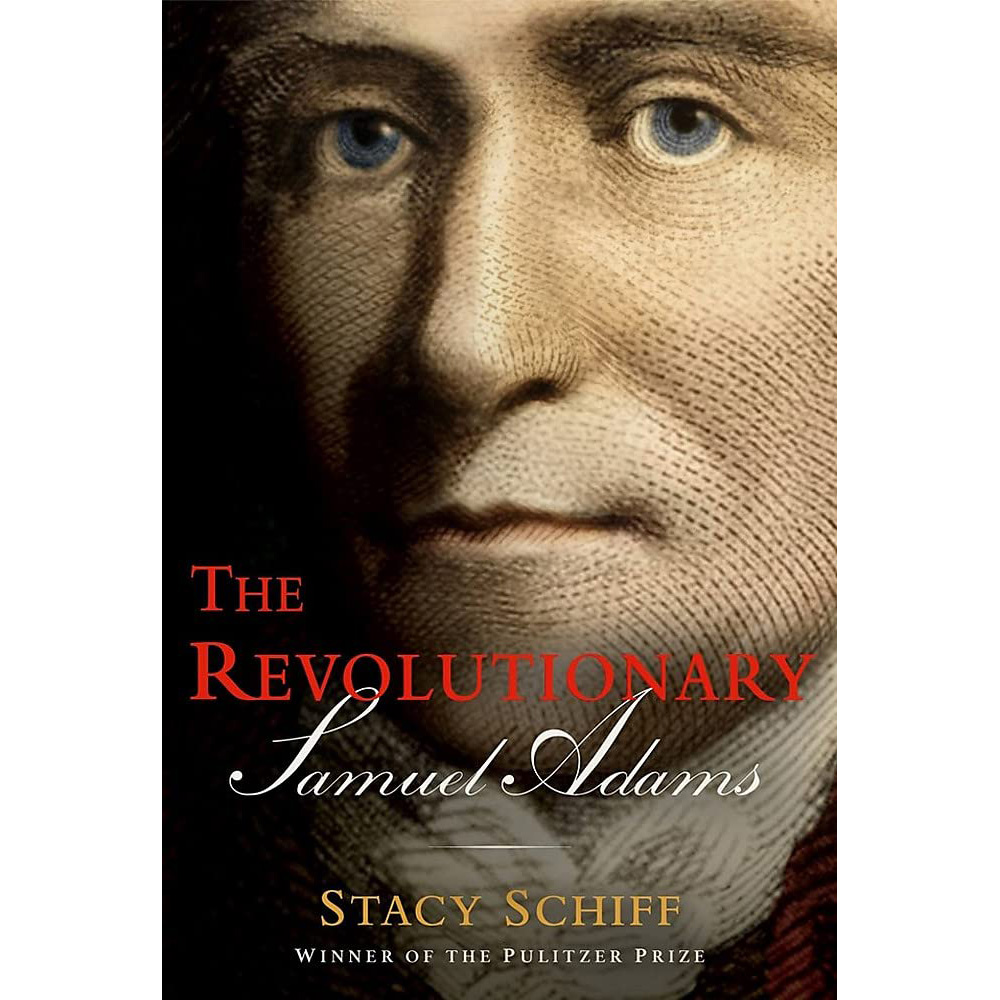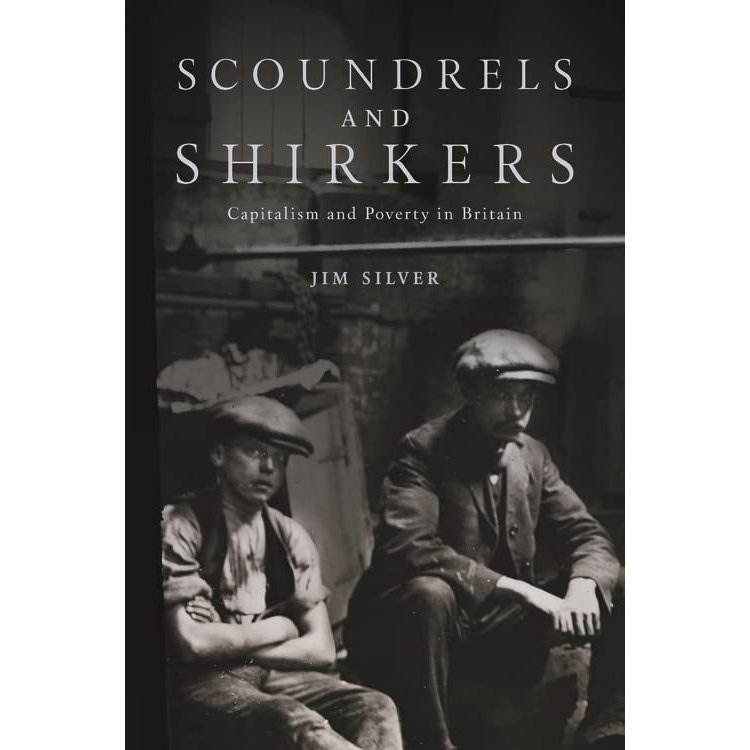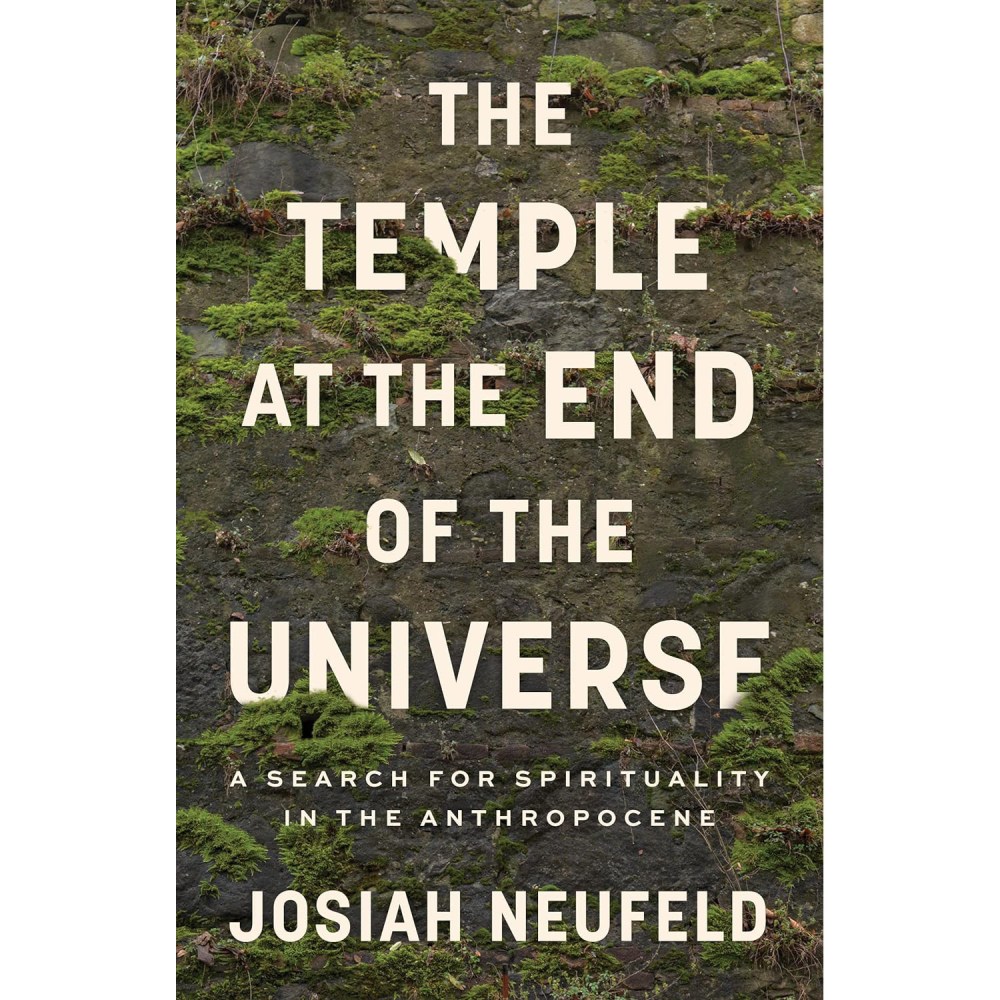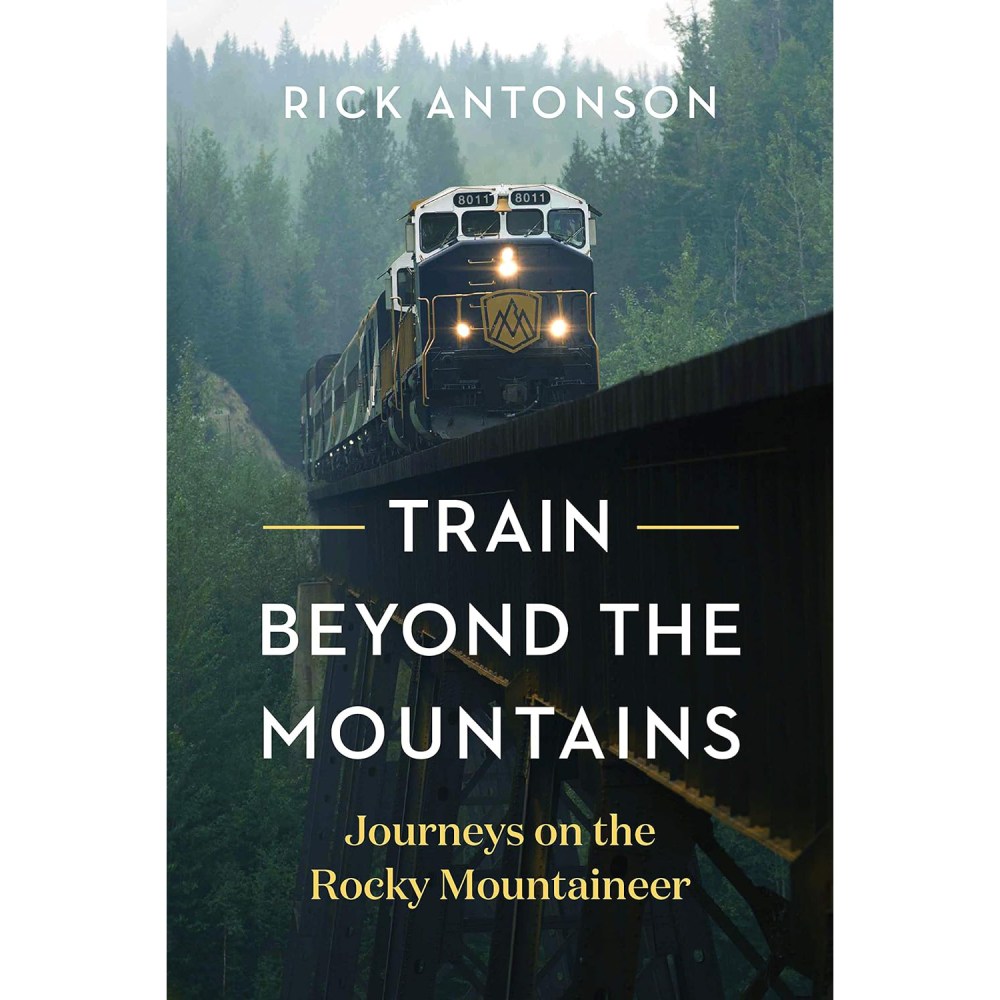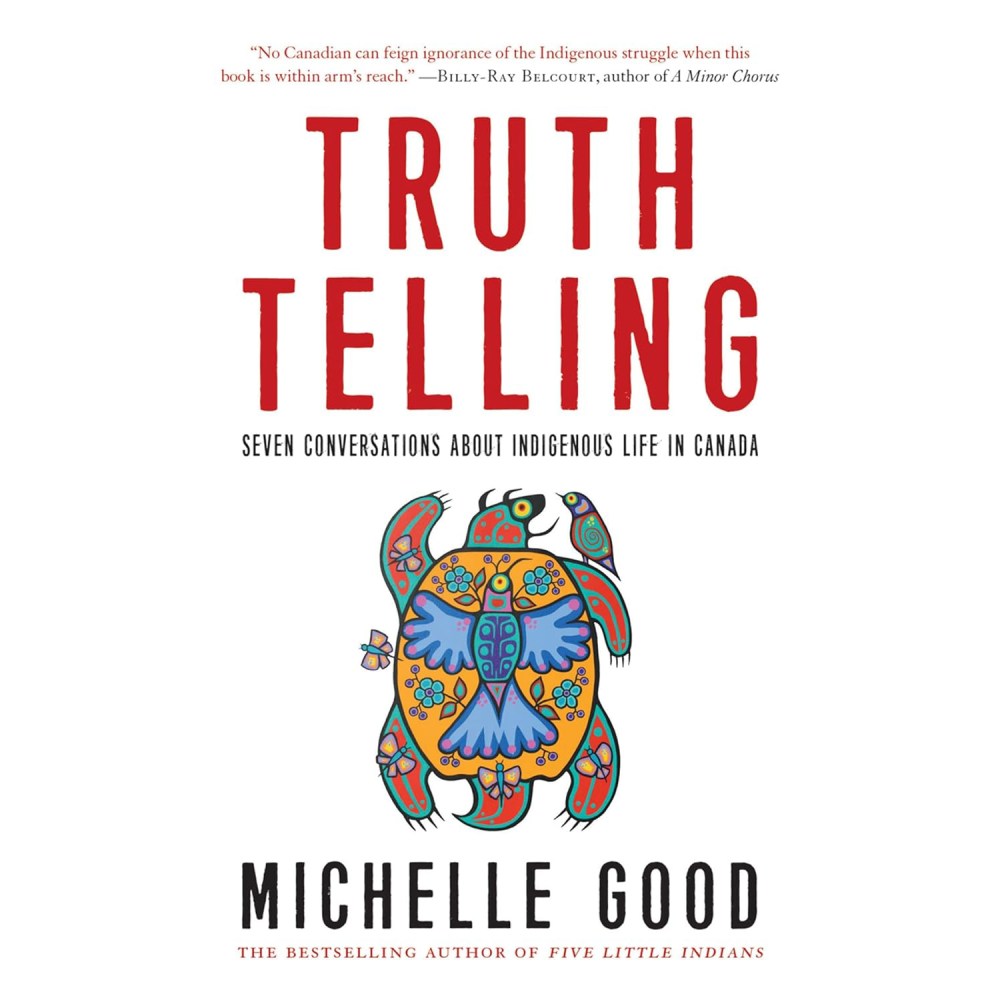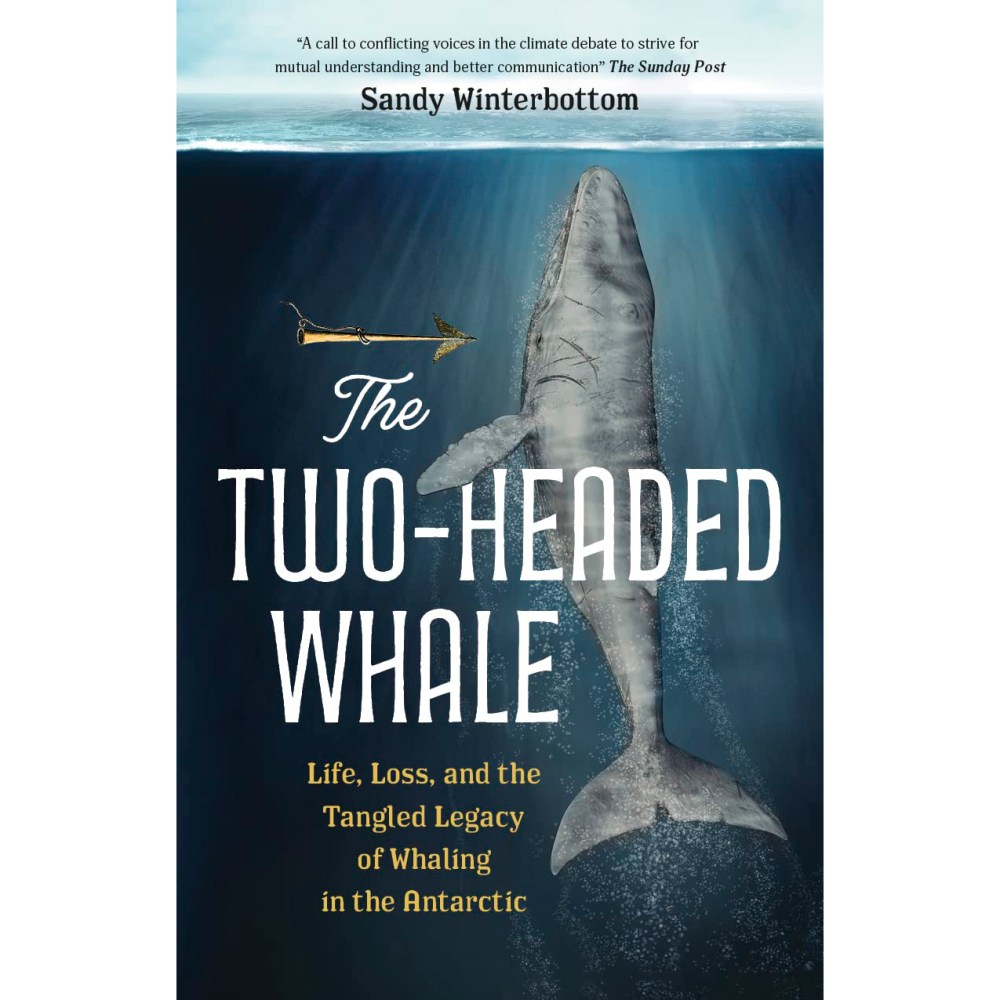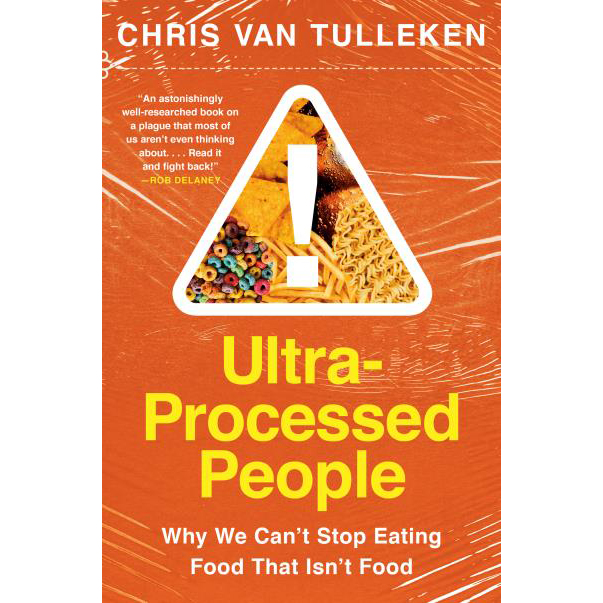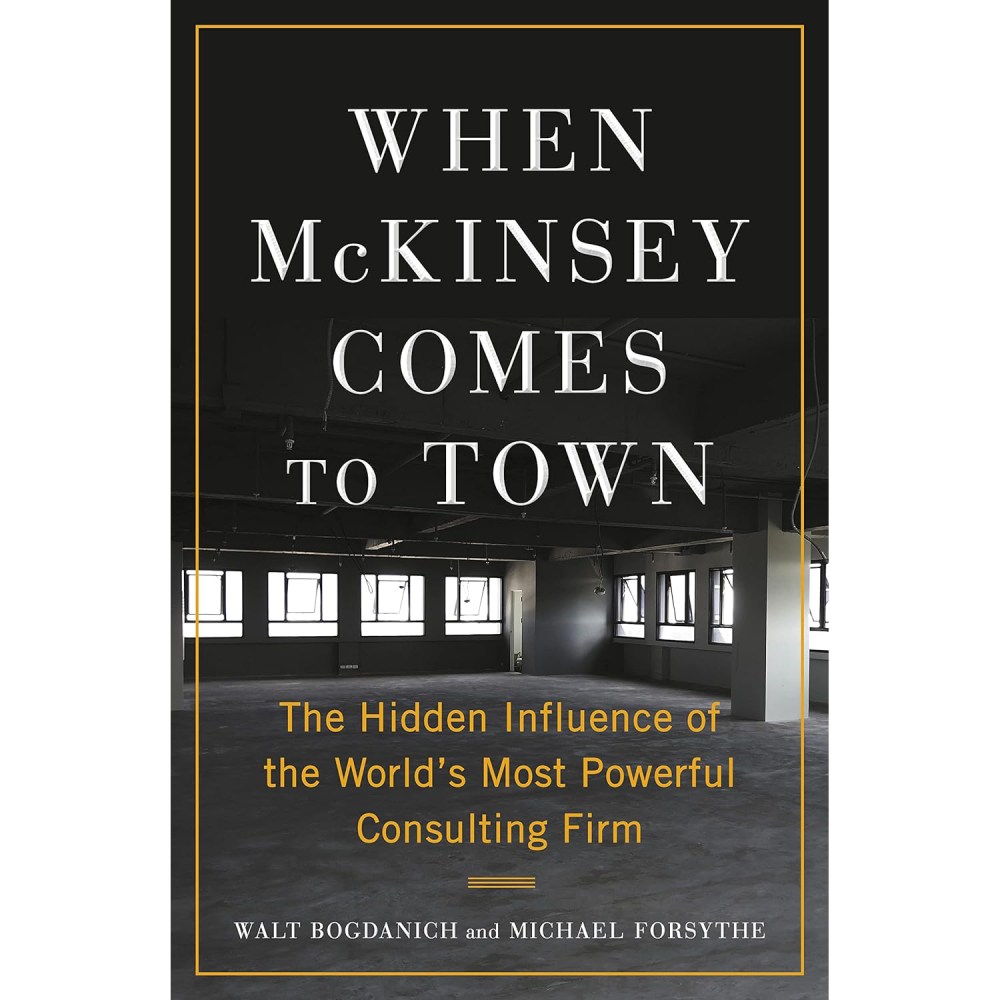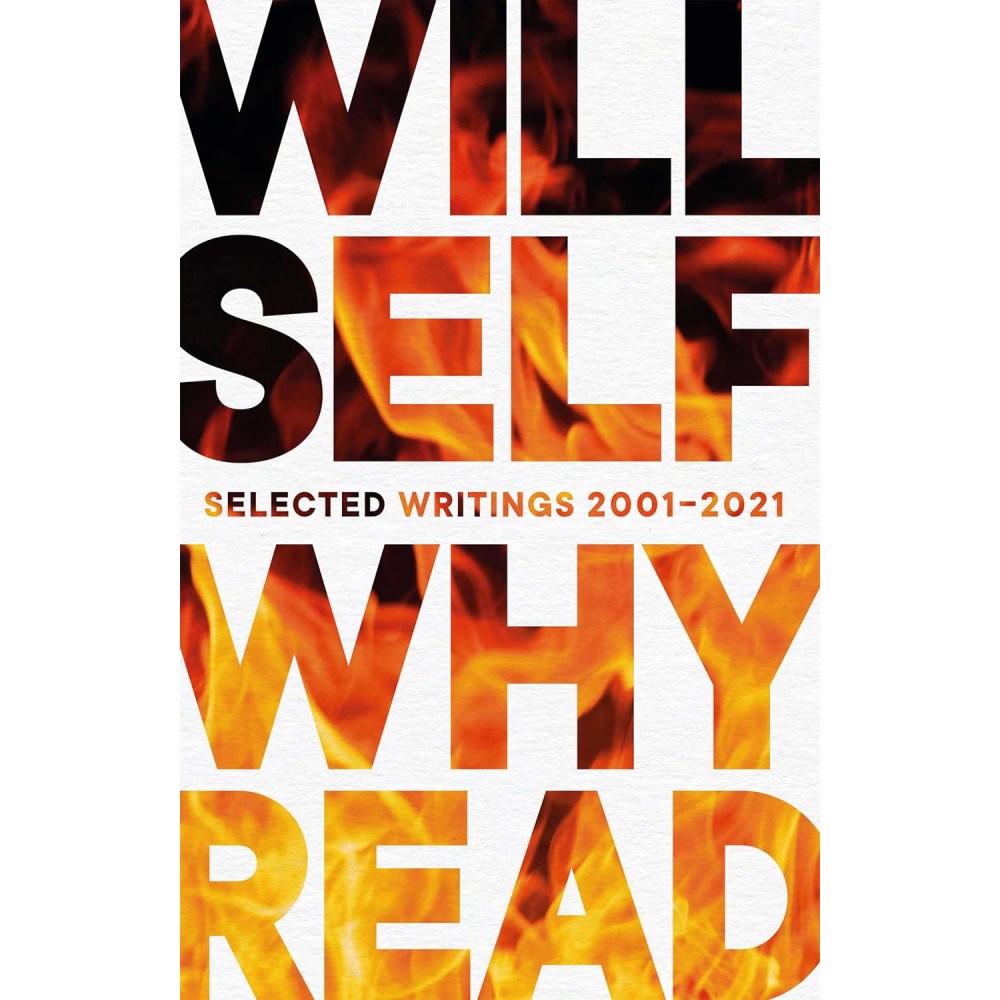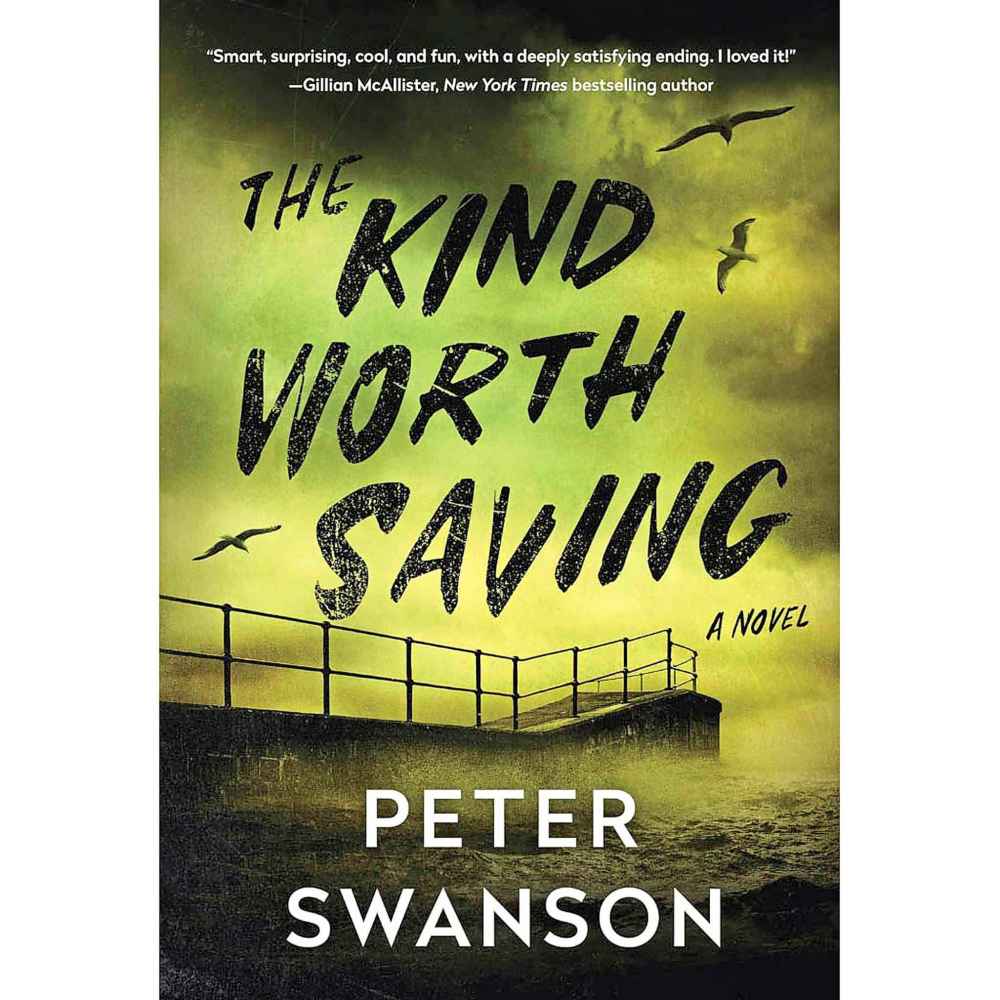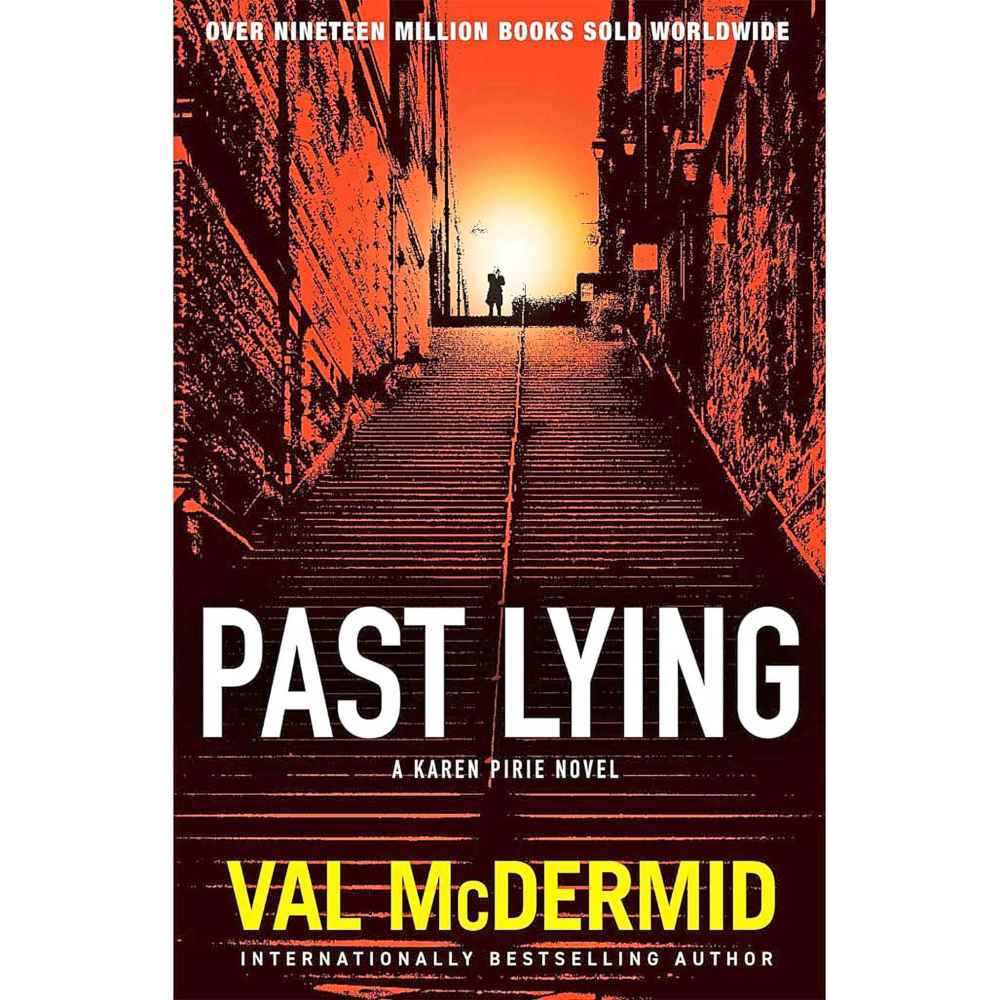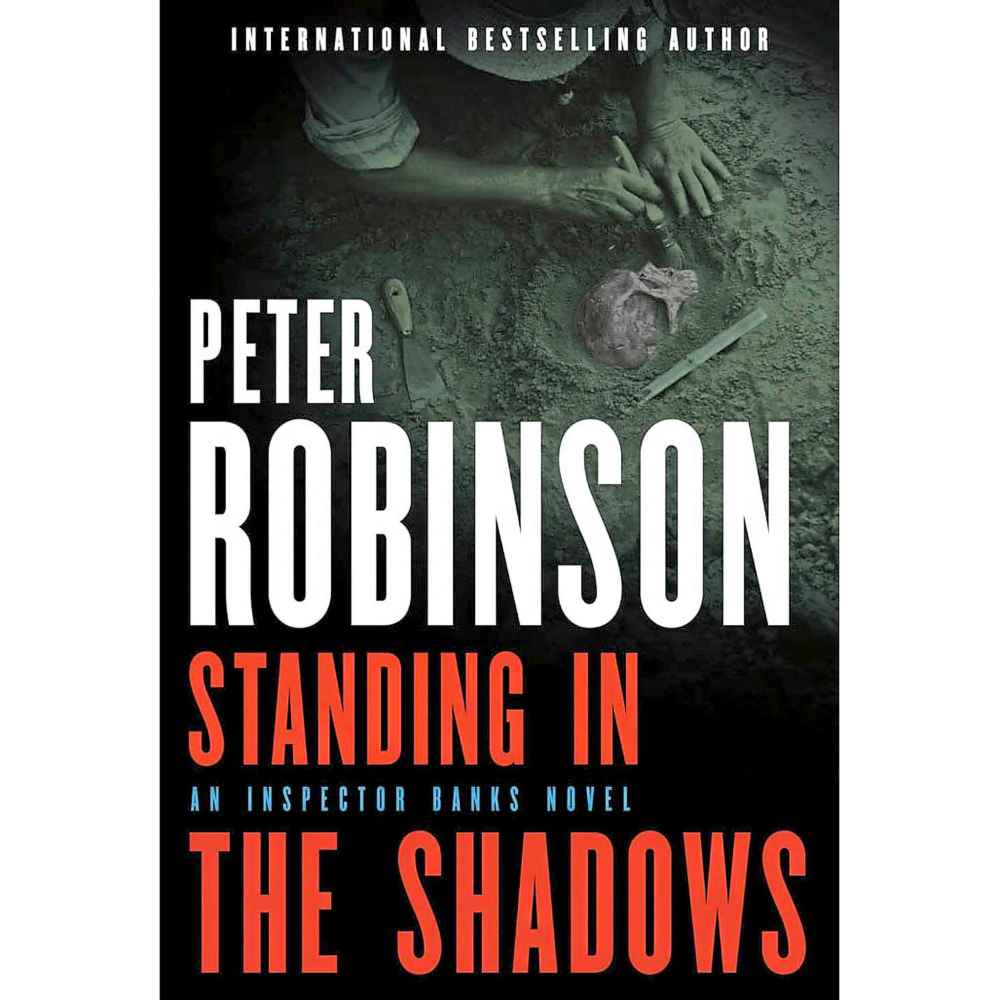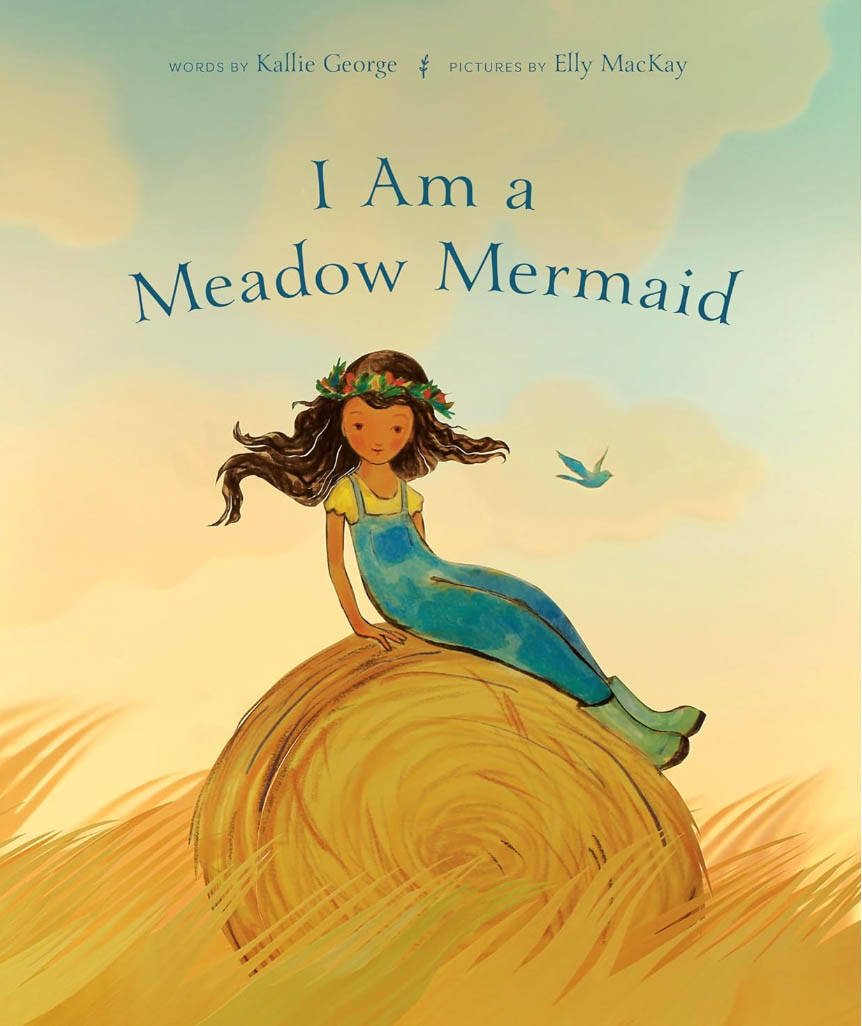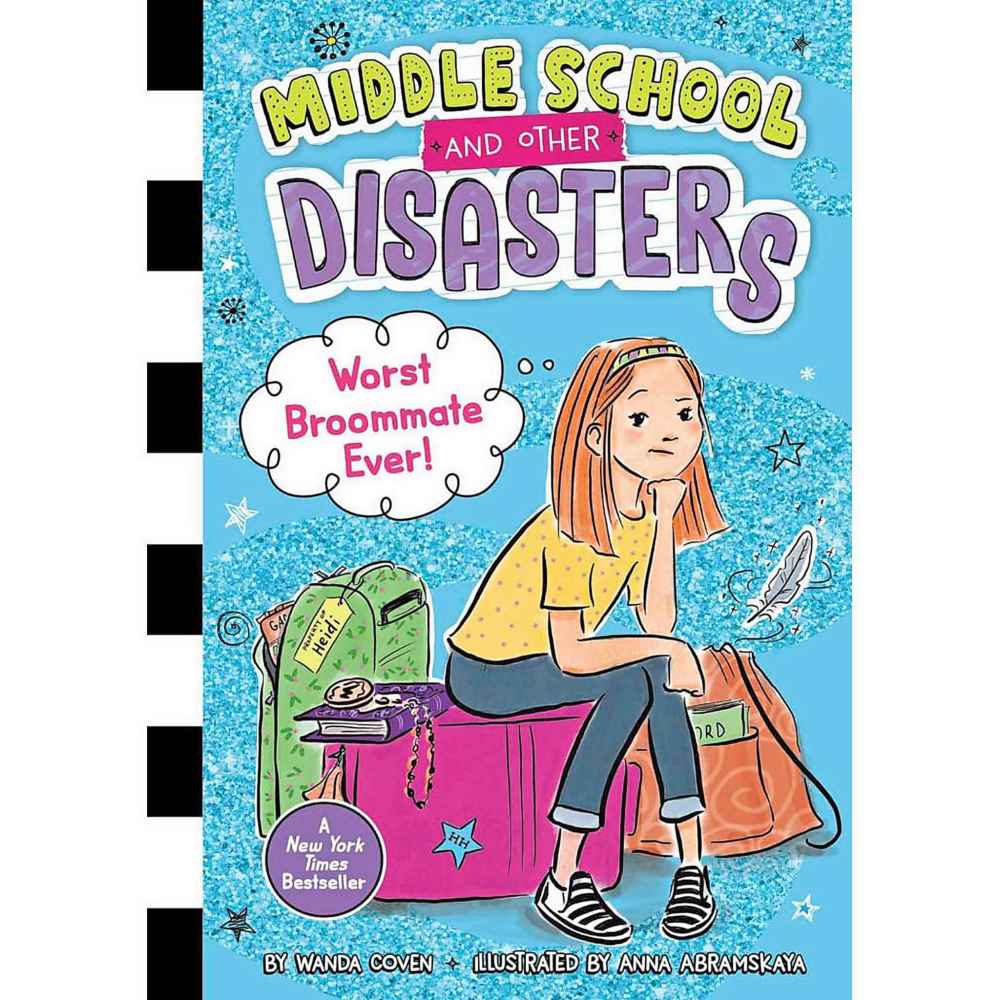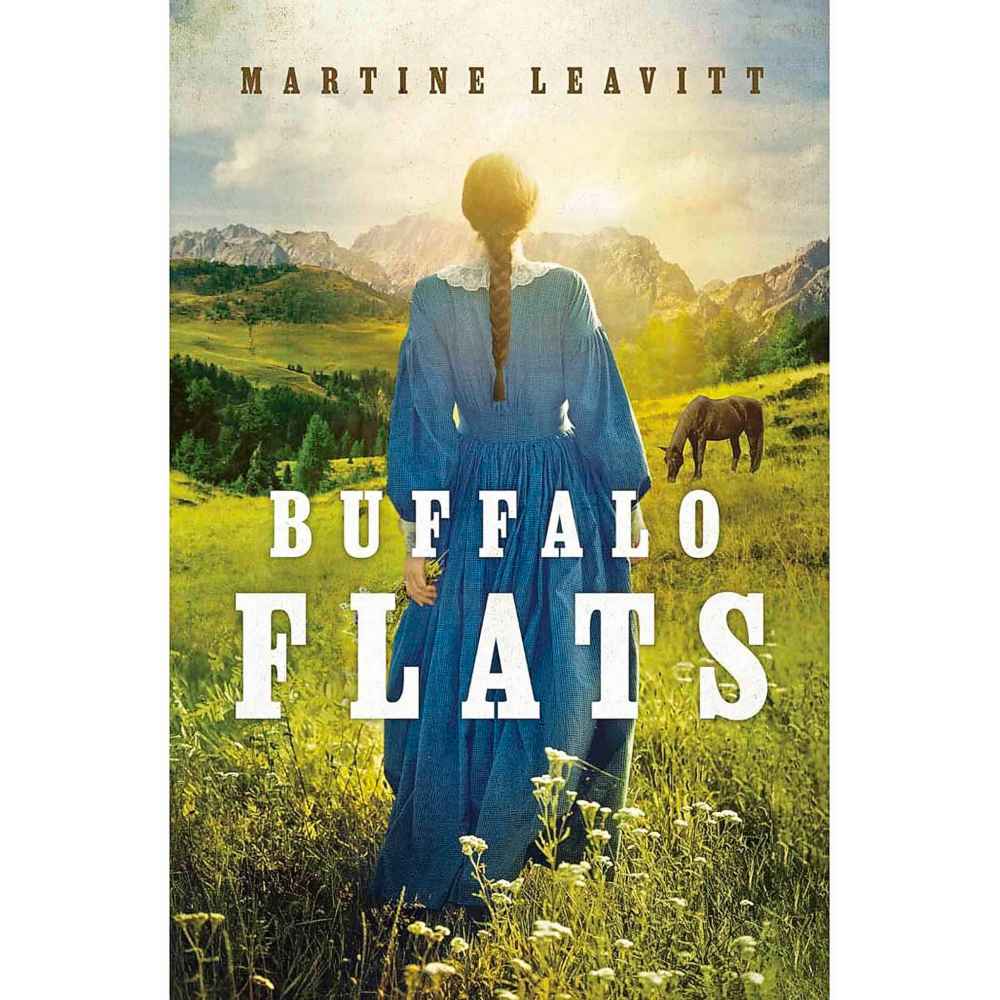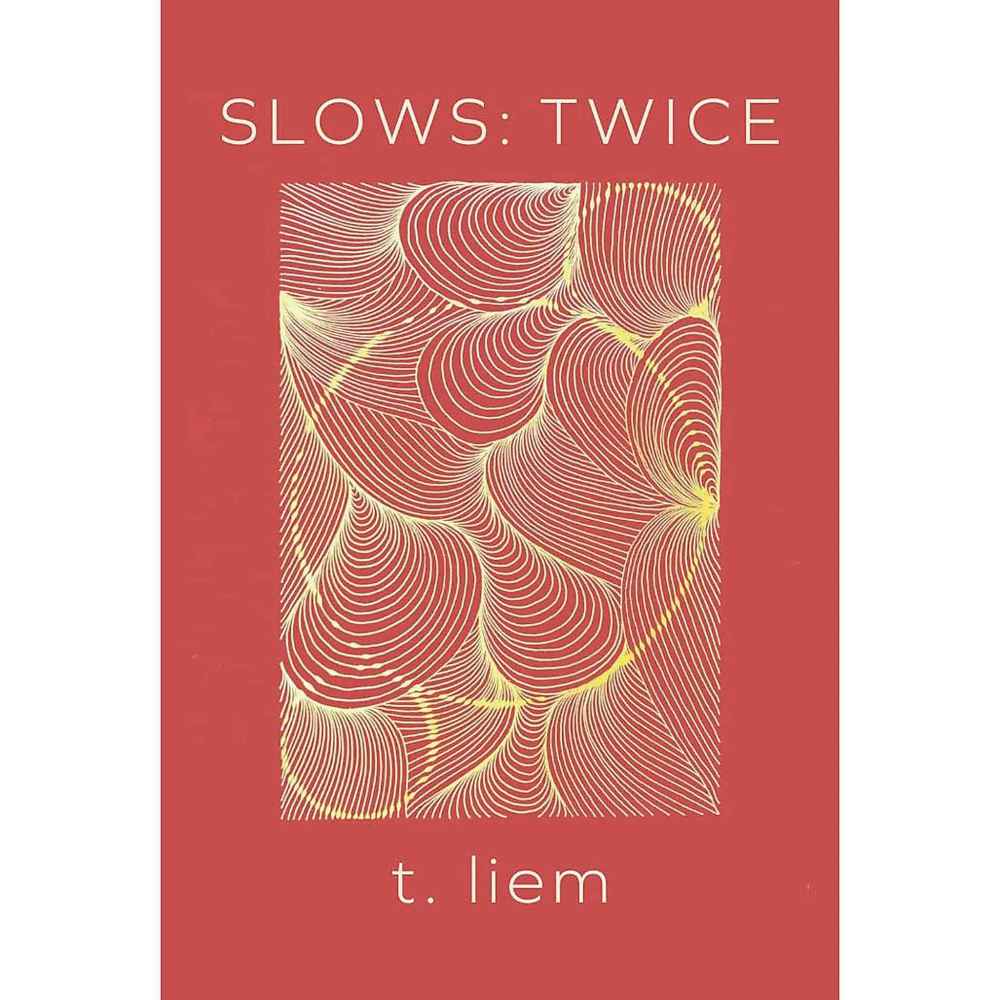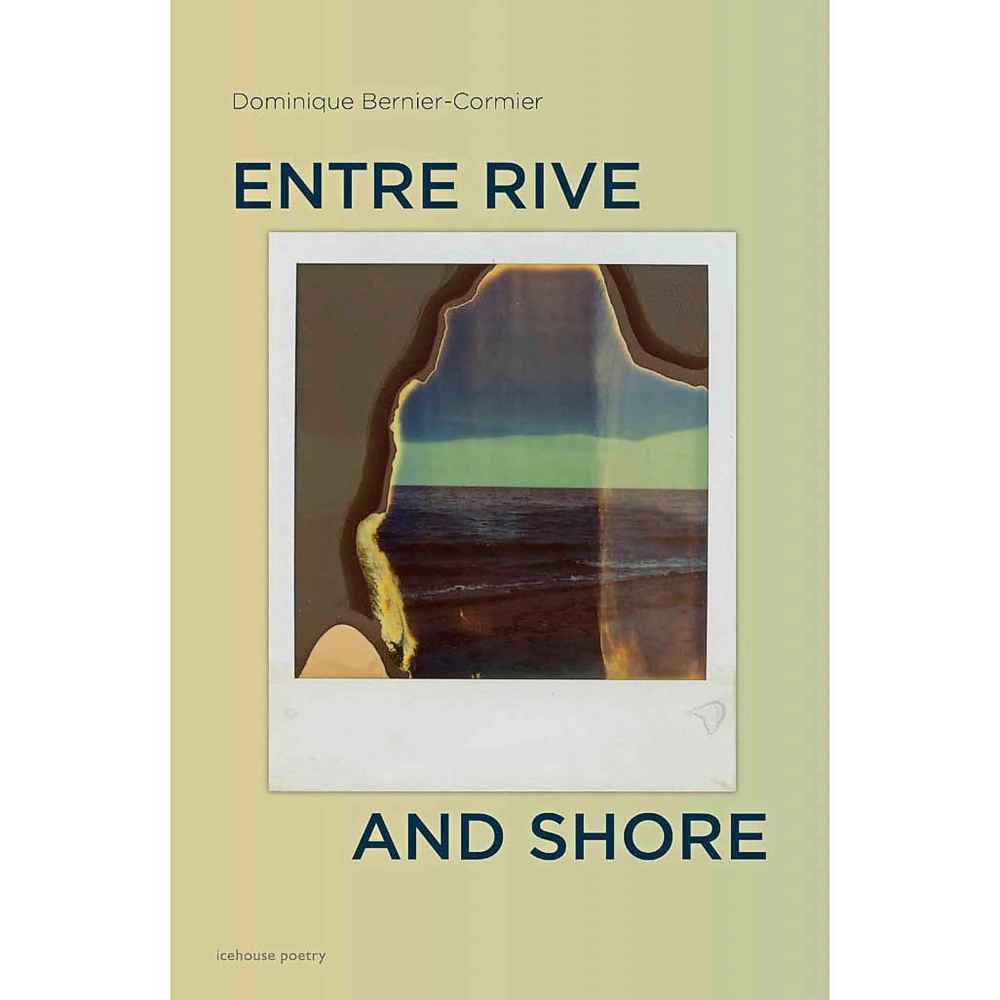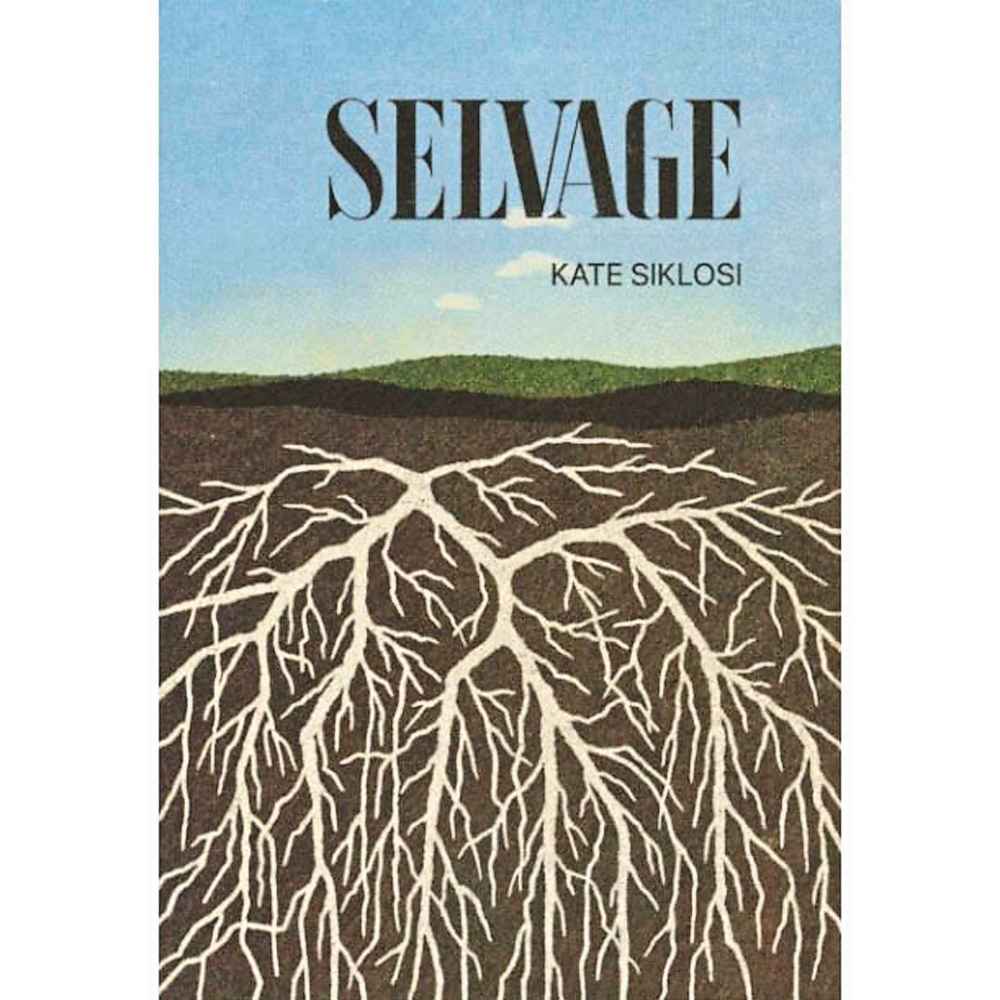Winning words Fiction, non-fiction, poetry and more: Free Press book reviewers pick their top titles for 2023
Read this article for free:
or
Already have an account? Log in here »
To continue reading, please subscribe:
Monthly Digital Subscription
$1 per week for 24 weeks*
- Enjoy unlimited reading on winnipegfreepress.com
- Read the E-Edition, our digital replica newspaper
- Access News Break, our award-winning app
- Play interactive puzzles
*Billed as $4.00 plus GST every four weeks. After 24 weeks, price increases to the regular rate of $19.00 plus GST every four weeks. Offer available to new and qualified returning subscribers only. Cancel any time.
Monthly Digital Subscription
$4.75/week*
- Enjoy unlimited reading on winnipegfreepress.com
- Read the E-Edition, our digital replica newspaper
- Access News Break, our award-winning app
- Play interactive puzzles
*Billed as $19 plus GST every four weeks. Cancel any time.
To continue reading, please subscribe:
Add Free Press access to your Brandon Sun subscription for only an additional
$1 for the first 4 weeks*
*Your next subscription payment will increase by $1.00 and you will be charged $16.99 plus GST for four weeks. After four weeks, your payment will increase to $23.99 plus GST every four weeks.
Read unlimited articles for free today:
or
Already have an account? Log in here »
Hey there, time traveller!
This article was published 16/12/2023 (661 days ago), so information in it may no longer be current.
Book bans, attempted publishing-house mergers, copyright battles, protests at glitzy galas and more — the literary world has been anything but boring this year.
Yet through all the news and the noise has come yet another bounty of books that have moved, educated and enlightened, offering no shortage of food for thought. Here are some of the top books of 2023, as chosen by Free Press reviewers, should you be looking for a new riveting read for yourself or the ideal stocking stuffer this holiday season.
— Ben Sigurdson, literary editor
FICTION
A New Season
By Terry Fallis
A departure from Terry Fallis’s trademark Canadian humour, A New Season is about grief, friendship, family and, most of all, love. Because of the warmth of the characters, the Parisian locale — and a few clever twists of fate — his experiment in more serious content succeeds.
— Deborah Bowers
Away from the Dead
By David Bergen
Set in Ukraine at the beginning of the 20th century and then through the First World War, civil strife and the Russian Revolution, this antiwar novel from Giller Prize-winning Winnipeg writer David Bergen is quietly potent and devastatingly beautiful. Looking at the chaos of war through the day-to-day experiences of ordinary men and women, this carefully restrained work resonates with meaning and feeling.
— Alison Gillmor
Biography of X
By Catherine Lacey
Lacey’s spellbinding novel is delivered as a psuedo-biography set in a splintered America and purportedly written by a Pulitzer-winning journalist called CM about her late spouse, a groundbreaking and infamous (fictional) visual artist. As CM uncovers many previously unknown truths about X, we’re left to ruminate on notions of art, love and authenticity — all as Lacey delivers a gripping narrative peppered with elements you’d find in a real biography including photos, cameos of real-life characters, correspondence and more.
— Ben Sigurdson
The Circle
By Katherena Vermette
The third book in Métis novelist Katherena Vermette’s trilogy stands powerfully on its own as the latest evidence of her prodigious narrative powers. The Circle deepens and lengthens the shadows that haunt Vermette’s earlier works, but it also offers something more — a defiant proclamation of earned endurance and hope. It’s only fitting that Vermette closes her Acknowledgements in Michif: “And you, reader-friend. It is my honour. Maarsii mille fois.”
— Neil Besner
Cocktail
By Lisa Alward
Twelve short stories make up this first book from Fredericton writer Lisa Alward, who has a knack for capturing aspects of contemporary life being lived by Canadians both young and not so young. She succinctly describes situations most readers will have experienced, or will at least recognize. Her characters seem so real — and Alward is able to establish them with a minimum of detail, enhanced by succinct dialogue that can be hilarious or simply bang-on.
— Dave Williamson
Crook Manifesto
By Colson Whitehead
Crook Manifesto is a convincing social history of 1970s Harlem as well as a deft crime story and subtle family drama. At times Colson Whitehead seems to be riffing on things, having fun and seemingly going a bit too far, but it’s easy and pleasurable to follow the fun and savour the surprises.
— Gene Walz
Do You Remember Being Born?
By Sean Michaels
Come for the timely and imaginative plot — a poet collaborates with an AI machine at the behest of a tech giant — but stay for the gorgeous writing and thoughtful observations about family, art and the writing life from Giller Prize winner Michaels.
— Jill Wilson
The Fraud
By Zadie Smith
Based on a real-life Victorian trial, the latest from British writer Zadie Smith is a tricky (and topical!) investigation into the relations among truth, fact and fiction. Moving back and forth through the life of a sharp-edged Scottish widow who keeps house for a mediocre historical novelist, this invigorating sprawl of a work is comically sceptical and passionately serious, packed with restless intelligence and vivid language.
— Alison Gillmor
Hold Your Tongue
By Matthew Tétreault
Set in Ste. Anne and Winnipeg, this richly textured, thought-provoking novel explores French Métis identity through the eyes of a young man struggling to move on with his life. While exploring his background, the protagonist uncovers stories told by relatives about land disputes and the suppression of French language rights. This new information helps him choose between staying in his hometown or moving to the city.
— Bev Sandell Greenberg
Hollow Bamboo
By William Ping
The idea that the dead are never really dead to us can either be consoling or disturbing. To millennial Chinese-Canadian William Ping (a recognizable stand-in for the first-time novelist author of the same name), both are true. The title Hollow Bamboo applies to the nature of bamboo — as each segment is sealed from the next, water poured in at one end will not flow through. So it is with someone who doesn’t know their ethnic past.
— Ron Robinson
Homebodies
By Amy Leblanc
Amy LeBlanc’s debut book of fiction is a scintillating collection of scary, often intense and moving short stories. Death haunts them as it will the reader after encounters with ghosts, morticians, desperate mothers and a morbid lepidopterist — to mention but a few of its odd characters — in this macabre highly entertaining book.
— Rory Runnells
Huge
By Brent Butt
Not what you expect from one of Canada’s funniest people, Butt’s debut novel is a tight, well-written and propulsive thriller. Even more than the dark and scary ride, the subculture of stand-up comedians’ life on the road is fascinating and enlightening.
— Craig Terlson
The Librarianist
By Patrick deWitt
Patrick deWitt gives us the life of Bob Comet, retired librarian volunteering at a seniors’ centre. A stunning revelation sends readers into Bob’s beautifully recounted back story, with deWitt’s inimitable humour and narrative prowess in full effect but with a more more thoughtful, gentle tone than some of his prior outings (The Sisters Brothers, French Exit).
— Ben Sigurdson
Looking Glass Sound
By Catriona Ward
Looking Glass Sound is Catriona Ward’s best yet, a twist on the epistolary novel and a fascinating metafiction that avoids the common pitfall of being too complex. This novel packs a considerable punch and will have readers flipping back through the early pages looking for clues.
— Keith Cadieux
The Marigold
By Andrew F. Sullivan
Built on a foundation laid by the likes of J.G. Ballard, David Lynch and Timothy Findley (among others), The Marigold is not only a scathing critique of development and technology run amok, but an entertaining, if somewhat nauseating ride into the dark heart of Toronto — or any major 21st-century North American city, for that matter. A dark trip, and one that will linger, haunting readers long after the last page is read.
— Sheldon Birnie
Old Babes in the Wood
By Margaret Atwood
The grande dame of CanLit alternates between playful and elegiac moods in this collection of 15 short stories, half of them from the viewpoint of an 80ish Toronto woman recalling her long and loving relationship with her recently departed husband. The other half display a grab-bag of inventiveness, proof that Atwood is one old babe who has no plans to slow down anytime soon.
— Morley Walker
Really Good, Actually
By Monica Heisey
Heisey’s novel combines the creativity and wit of British writer Sophie Kinsella (of the Shopaholic series) with the pop culture smarts and topical humour of American chicklit queen Jennifer Weiner. The story opens in summer 2018 as Maggie sits shell-shocked in her half-empty apartment, stunned that her short marriage has ended for a million small reasons but no big ones. Maggie may be crude, self-destructive and reckless, but she’s also kind-hearted, smart and creative — the kind of heroine you can forgive easily (and often) and root for.
— Kathryne Cardwell
Roaming
By Mariko and Jillian Tamaki
This dazzling graphic novel by Canadian powerhouse duo Jillian and Mariko Tamaki explores the dynamic of three newly minted college companions during a spring break trip to New York City. Full of iconic landscapes and affecting personal discoveries, Roaming is a heartfelt, cinematic exploration of new friends, spaces and places.
— Nyala Ali
Some Unfinished Business
By Antanas Sileika
History often seems to repeat itself, just not always in the same way. In Some Unfinished Business, Antanas Sileika tells the story of Lithuanian freedom fighters in the 1940s who were trying to beat back the Soviet invaders in the small Baltic country. Many readers of this compelling novel will see parallels to our own time in the actions of the young, enthusiastic fighters and the Soviet spy who infiltrated the group with deadly consequences.
— Susan Huebert
Speak of the Devil
By Rose Wilding
A man’s severed head, and seven women, known to each other and connected to the head’s owner, each a strong suspect for the killing, all together in a little-used storage room in a down-at-its-heels Newcastle hotel. British crime writer Rose Wilding sets up the murder and the cast of suspects early in her debut novel Speak of the Devil, and readers soon realize that discovering the killer’s name might be more for identification than for retribution because, after all, the victim was despicable and deserved his grisly end. Wilding’s portrait of the women is a penetrating, deservedly sympathetic look at victims who have paid a dear price for their encounters with the victim.
— Chris Smith
Tell Me Pleasant Things About Immortality
By Lindsay Wong
An internet-order bride who (oops) brings the apocalypse to middle America. A pack of fox spirits with a taste for human flesh posing as San Francisco sorority sisters. A 380-year-old woman who finds eternal life — but, unfortunately, not eternal youth. These are among the colourful women at the macabre heart of Tell Me Pleasant Things About Immortality, Lindsay Wong’s wry collection of “immigrant horror stories.” At turns heartbreaking and laugh-out-loud hilarious, beautiful and grotesque, these blood-and other-assorted-bodily-fluid-soaked tales are unlike anything else on your bookshelf.
— Jen Zoratti
Wild Hope
By Joan Thomas
Governor General award–winning author Joan Thomas is at the height of her literary powers with the release of Wild Hope, an urgent climate novel that meets the present moment. There is richness at every turn as Thomas probes the damaged versus healthy psyche, the vacillations between despair and resolve, and the role we all play in the future to come.
— Sara Harms
NON-FICTION
The Age of Insecurity: Coming Together as the World Falls Apart
Astra Taylor
Philosopher and writer Astra Taylor delivers her latest book as part of CBC’s Massey Lectures. In it, she argues that there are forces which deliberately create the conditions for our insecurity: relegating our dependence on individualism, consumerism and distrust. Parallel to this line of reasoning is her contention that some insecurity is good. From an evolutionary perspective, insecurity forces us to seek each other out and develop a sense of collectivism and a more just society. Part history, part philosophy, and all deconstruction of a crumbling world, Taylor offers a glimmer of hope: our species’ capability of love and compassion.
— Matt Henderson
The Art Thief: A True Story of Love, Crime, and a Dangerous Obsession
By Michael Finkel
The world’s greatest art thief has been out of jail now for eight years, so Europe’s museums and art galleries have probably started to relax now that Stephane Breitwieser is out of business. His remarkable career as described so artfully by Michael Finkel in The Art Thief ended abruptly not because he made a mistake, but because his luck ran out. If there were an Olympics for thievery, Breitwieser would get gold every time. Finkel’s thrilling tale is well-told.
— Barry Craig
The Autumn Ghost: How the Battle Against a Polio Epidemic Revolutionized Modern Medical Care
By Hannah Wunsch
Polio stalked Scandinavia during the fall months in the 1950s. The Autumn Ghost is an enlightning account of how Danish doctors enlisted hundreds of students to hand pump air through tracheostomies 24 hours a day to keep polio patients alive, with a gerry-rigged apparatus made of rubber bags and engine parts soon replacing the human baggers. It’s humbling to realize that on-hand materials played a role in saving so many lives, a contrast to the coffin-like negative pressure iron lungs used in North America. Hannah Wunsch, a critical care specialist at Sunnybook Health Science Centre in Toronto, also recounts how this frightening public health crisis prompted the advance of anesthesia as a independent specialty and the development of intensive care medicine that we cannot be without today.
— Harriet Zaidman
The Boy and The Mountain: A Father, His Son and a Journey of Discovery
By Torbjørn Ekelund
In this immersive walking narrative, Ekelund ushers his seven-year-old and the reader up a craggy trek to an ominously named peak, the “Ugly Man.” Days long and no walk in the park, it is Eklund’s way of developing a sense of self-reliance and reverence for the natural world in his otherwise protected, urbanized son. His thoughtful and incisive stream of consciousness (the boy has little to say) carries us away.
— Gail Perry
Collision of Power: Trump, Bezos and The Washington Post
By Martin Baron
This book is a spectacular piece of reporting about reporting — specifically the Washington Post’s coverage of Donald Trump’s candidacy and then presidency. It’s the story of how you run a newspaper owned by a wunderkind billionaire while an imperious goof in the White House sets off fireworks, and sometimes fires salvos right at you.
— Douglas J. Johnston
The Deepest Map: The High-Stakes Race to Chart the World’s Oceans
By Laura Trethewey
The Deepest Map provides an in-depth and eye-opening look at Earth’s last frontier — the ocean’s floor — and how scientists, investors and private explorers from around the world are working together to map this enormous territory. Trethewey follows the exploits of billionaire Victor Vescovo’s Five Deeps quest to travel to the deepest trench in each of the five oceans. She also raises the ongoing issue of mining companies interested in harvesting rare minerals from the ocean floor and the damage this might cause.
— Andrea Geary
The Duel: Diefenbaker, Pearson, and the Making of Modern Canada
By John Ibbitson
In the 1957 Canadian federal election, the long-governing Liberals under Louis St. Laurent were unexpectedly defeated by the Progressive Conservatives. The PCs were led by a Prairie populist leader in the form of John Diefenbaker. Lester Pearson became the new leader of the Liberals and was soundly defeated in the 1958 federal election. It would be the first of many duels between the two leaders that Globe and Mail journalist John Ibbitson captures well in The Duel.
— Christopher Adams
The Earth Transformed: An Untold History
By Peter Frankopan
In The Earth Transformed, author and global history scholar Peter Frankopan does an incredible job of describing the effects of climatic changes on a planetary scale, encompassing in each chapter what the scholarship reveals about weather patterns, natural disasters, atmospheric conditions and their impacts on cultures around the world throughout human history. It is not only a fascinating corrective to purely human-centric historiography, but a sobering warning that, despite all our pretensions and hubris, it will be nature — and not historians — that will have the last word.
— Michael Dudley
Elon Musk
By Walter Isaacson
This biography of the South African-born tech titan is a revealing and largely entertaining portrait of a life that may prove, perhaps disconcertingly, to be a seminal one of our modern age. One’s enjoyment of it will likely be determined by how one reacts to an autistic empathy-lacking video-game addict who disdains everyone less focused, hard-working and smarter than he.
— Morley Walker
Empathy: Turning Compassion into Action
By David Johnston
Empathy by former governor general David Johnston is part memoir and mostly a guide to dealing with society’s current problems. Focusing on empathy as a solution to society’s issues, Johnston covers many topics such as climate change, COVID-19, immigration, health care and much more. It is his ultimate hope that we can “make the world around us better, smarter and kinder.”
— Cheryl Girard
Finding Larkspur: A Return to Village Life
By Dan Needles
In this slim collection of funny and wise essays, Ontario playwright Dan Needles takes readers through the Canadian village of today and, among many other topics, examines what he says is an influx of city people to the country. Finding Larkspur contains charming illustrations along with witty and humorous observations about village life, along with his own life.
— Cheryl Girard
Fire Weather: The Making of a Beast
By John Vaillant
In 2023, boreal forests burned like blazes across Canada. The stats were record-breaking — 45.7 million acres (an area larger than Greece) over 13 provinces and territories were incinerated. So how appropriate that acclaimed Canadian-American author John Vaillant released his well-researched, compelling, readable exposé on our relationship with fire and its umbilical tie to climate change. This look into our future ain’t pretty. While Fire Weather uses the 2016 Fort McMurray inferno as its catastrophic poster child, make no mistake: the boreal forest is expected to burn deeper over shorter time intervals in the years to come. Fire Weather helps the curious understand the why of this — because where there’s smoke, there’s always fire.
— GC Cabana-Coldwell
How to Think Like a Woman: Four Women Philosophers Who Taught Me How to Love the Life of the Mind
By Regan Penaluna
How to Think Like a Woman blends elements of the memoir with scholarly research to share the stories of female philosophers who were abused and discredited by their male counterparts. By centering these brilliant women’s contributions to the field of philosophy, Regan Penaluna disallows her readers from repeating the injustice of forgetting them.
— Jessie Taylor
The Life and Times of Augustine Tataneuck: An Inuk Hero in Rupert’s Land, 1800-1834
By Renée Fossett
In 1812, when a group of nine Inuit men from Hudson’s Bay’s west coast came to Churchill to trade their winter furs, one of them left his son behind to work for the Hudson Bay Company for a year. That young man, Augustine Tataneuck, worked for the HBC off and on for the rest of his life, serving as interpreter for Sir John Franklin on two of his expeditions. Historian Renée Fossett has done a formidable job of assembling the details of Tataneuck’s adventures and has provided readers with a rich context of life in the Arctic in those times.
— Faith Johnston
Mary Pratt: A Love Affair with Vision
By Anne Koval
This beautifully illustrated biography of one of Canada’s foremost painters delineates the roles played by artistic ambition and domestic strife in the trajectory of Pratt’s life as an artist, wife and mother. Readers with an interest in art will surely enjoy this lucid, well-researched tribute to a strong-minded female painter who left her own unique mark on the art world.
— Bev Sandell Greenberg
On Grief: Love, Loss, Memory
By Jennifer Senior
This extraordinary account of the grief suffered by the family of Robert George (Bobby) McIlvaine, who died at age 26 in the 9/11 attacks in New York City in 2001, was originally an essay titled Twenty Years Gone, and won the Pulitzer Prize for feature writing in 2022. Mourning is “idiosyncratic, anarchic, polychrome,” according to the author. The McIlvaines, whom she knew, just happen to be particularly vivid examples.
— Gene Walz
On Writing and Failure
By Stephen Marche
This slim volume from the Field Notes series is required reading not just for writers, but anyone attempting to manifest a creative act. It’s full of humour, shared misery, and is endlessly quotable.
— Craig Terlson
Our Fragile Moment: How Lessons from Earth’s Past Can Help Us Survive the Climate Crisis
By Michael Mann
Written partially in response to those who insist that climate change is either a hoax or that the current warming trend is just part of a natural cycle, Our Fragile Moment, by renowned climate scientist Michael Mann, is a detailed examination of how changes in Earth’s climate have altered flora, fauna and civilization itself. Furthermore, we should learn from historical and prehistorical changes in climate in order to prevent current pressing threats to our existence.
— Chris Rutkowski
Paper Trails: From the Backwoods to the Front Page — A Life in Stories
By Roy McGregor
Veteran Ontario journalist Roy MacGregor has drawn on his active life for an immensely entertaining and insightful memoir that covers his so-so school days, his often-hilarious hockey experiences, his learning to be an exceptional canoeist, his work with legendary Maclean’s magazine editor Peter C. Newman and his friendships with well-known people and politicians. He makes the case that, in these days of lying social media, solid journalism never mattered more.
— Dave Williamson
The Return of the Taliban: Afghanistan After the Americans Left
By Hassan Abbas
This informative and challenging book is essential reading for anyone interested in what is happening in Afghanistan today. The economy has shrunk by 30 per cent, since the Taliban took over. Prior to that about 80 per cent of Afghanistan’s budget was provided by America and its partners. Now they have frozen all Afghan funds held in foreign banks, resulting in the collapse of the Afghan banking system. Twenty million people are in danger of malnutrition. The Taliban see themselves as being chosen by God to implement divine rule including the most extreme “divinely” sanctioned misogyny. Nevertheless, Abbas argues that to avert what could become one of the world’s worst humanitarian crises, America and its allies must replace boycotts with direct engagement with the de facto Taliban government.
— John K. Collins
The Revolutionary: Samuel Adams
By Stacy Schiff
In her excellent biography of American revolutionary leader Samuel Adams, author Stacy Schiff shows Adams’s passionate commitment to colonial rights, a commitment that was not always pursued with scrupulosity. It is a warts-and-all account that evokes the era in which America defied the British Empire and became an independent nation.
— Graeme Voyer
Scoundrels and Shirkers: Capitalism and Poverty in Great Britain
By Jim Silver
Poverty researcher and activist Jim Silver’s tiptoe into history acts as a means to outline a blueprint for poverty reduction. By looking at the history of poverty in Great Britain, Silver is able to focus on critical moments when government intervention, social democracy and the redistribution of wealth dramatically impacted the lives for the better. But the status quo of inequality continues to rear its ugly head: “Collectivism increasingly gave way to individualism.” Mandatory reading for anyone in Winnipeg serious about eliminating poverty — which should be all of us.
— Matt Henderson
The Temple at the End of the Universe: A Search for Spirituality in the Anthropocene
By Josiah Neufeld
This engaging and deeply personal story should be required reading for those seeking answers to the often-conflicting expectations posed by the tenets of their faith and the increasingly obvious climate warnings being issued by a stressed planet. Earth’s presumed-to-be most intelligent species has created an existential crisis which Winnipeg writer, environmental activist and lapsed Christian Josiah Neufeld now exposes throughout a long-elusive quest for spiritual awakening.
— Joseph Hnatiuk
Train Beyond the Mountains: Journey on the Rocky Mountaineer
By Rick Antonson
Travel for many people is about the destination, not the journey. For travel writer Rick Antonson, however, taking a trip with his grandson on the Rocky Mountaineer train was a chance to enjoy the sights and sounds along the way. With historical information and vivid descriptions, this book will entertain readers who enjoy learning about travel experiences in Canada.
— Susan Huebert
Truth Telling: Seven Conversations about Indigenous Life in Canada
By Michelle Good
Truth Telling: Seven Conversations about Indigenous Life in Canada tackles topics that many Canadians have heard about, but too few understand: the impacts of colonialism, the present-day pain being caused by residential schools, meaningless treaties, Pretendians, honouring Indigenous women, celebrating Indigenous artists and how to actually get Indigenous land back.
— Deborah Bowers
The Two-Headed Whale: Life, Loss, and the Tangled Legacy of Whaling in the Antarctic
By Sandy Winterbottom
This debut book from Scottish academic Winterbottom is one part Antarctic travelogue, one part climate-change lament and one part gripping historical whaling saga. The author braids the strands into a moving and humane look at a savage industry’s impacts on the planet.
— Jill Wilson
Ultra-Processed People: Why We Can’t Stop Eating Food That Isn’t Food
By Chris van Tulleken
If, as the old saying goes, we are what we eat, then we’re some combination of emulsifiers, gums, modified starch, high-fructose corn syrup, palm oil, invert sugars, hydrolysed protein isolates and various other additives and flavourings, just to name a few. And that ultra-processed food (UPF), writes British infectious diseases doctor, university professor and broadcaster Chris van Tulleken, is not good for individual health or for society in general.
— Chris Smith
When McKinsey Comes to Town: The Hidden Influence of the World’s Most Powerful Consulting Firm
By Walt Bogdanich and Michael Forsythe
Nowadays, when democratic governments want to do unpopular things like privatizing public services, they give themselves cover by hiring management consultants to assure them that privatization solves all problems. Perhaps the most influential management consultancy in the world is McKinsey and Company. This book is a well-researched account of a secretive private institution that maintains a presence inside the world’s most consequential industries and governments. A common thread running through McKinsey’s advice is to maximize profits by laying-off employees, contracting out work and reducing customer value; their influence undermines democracy by encouraging government secrecy and limiting the public’s right to know how its representatives are spending tax revenue.
— John K. Collins
Why Read: Selected Writings 2001-2021
By Will Self
Readers familiar with Will Self’s many novels, non-fiction and journalism will know he often writes as if he had swallowed a dictionary and his synapses were on fire. The pieces specifically on reading make up just under ten per cent of the pages; the rest are indicative of his wide range of interests including travel, oddities and his suspicion/acceptance of capitalism. Why read indeed.
— Ron Robinson
SUSPENSE
The Kind Worth Saving
By Peter Swanson
Evil Joan walks into the office of New England private eye Henry Kimball, a former cop who was her high school lit teacher, to hire him to confirm that her husband Richard is cheating with Pam, an employee in his real estate office, who’s also a friend of evil Joan’s. Pause for breath. Soon gunshots ring out. It’s the ninth fiendishly and diabolically clever murder mystery from American author Peter Swanson — Kimball starts to figure out that Evil Joan was hanging around an awful lot of violent deaths.
Past Lying
By Val McDermid
A Scottish national librarian is going so squirrelly with inactivity during the initial lockdown of 2020 that she begins to read an unfinished manuscript from the archived papers of disgraced mystery writer Jake who died suddenly — and suspects he might have been a real murderer. Detective Chief Inspector Karen Pirie begins to suspect that unfinished manuscript may be based on real-life villainy, each of the characters real people, including a vanished-without-a trace young woman and a rising star writer to whom Jake’s wife shifted her affections. For fans of a book within a book: Jake plotted how to carry out the perfect murder — his character would lure a young student, murder her and plant her body and other overwhelming evidence in his cuckolder’s home.
Standing in the Shadows
By Peter Robinson
The final book in the Inspector Alan Banks series by the late Peter Robinson is one of the best — Banks is dogged, determined, decent, as successful in solving crimes as he is unsuccessful in finding or keeping love. Current day: a pretty useless corner of a farm field has been expropriated by government to build a highway and yet another new shopping centre in the Leeds region. In goes an archeological team to check for buried artifacts. What do you suppose the dig may possibly uncover? Meanwhile, alternating chapters juxtapose a tale from the early ‘80s in which Margaret Thatcher saw deadly enemies conspiring every time university students in woolly cardigans discussed Marx over beer and pot. There’s now an investigation of how many laws Scotland Yard broke back in the day in undercover operations. Could they be connected?
— Nick Martin
CHILDREN’S
PICTURE BOOKS
I am a Meadow Mermaid
By Kallie George, illustrated by Elly MacKay
This is a beautifully illustrated celebration of waving wheatfields and starlit nights as well as a tribute to the friendship between two children. A little girl who has a vivid imagination and loves her Prairie home finds a companion who shares the beauty of a windswept landscape, a pasture where “gophers hide like crabs” and “you can hear the sea in the roar of the wind.”
AGES 9-12
Worst Broommate Ever
By Wanda Coven, illustrated by Anna Abramskaya
The first in a three-part series called Middle School and Other Disasters, this is a funny, clever tale about Heidi, a young girl who is off to a boarding school for witches and who discovers learning to control magic is the least of her worries. Heidi is worried about her new school but thankful to leave behind Melanie, who has made her elementary school days miserable. But horrors! Guess who is her new broommate?
AGES 12 AND OVER
Buffalo Flats
By Martine Leavitt
Based on the stories of her husband’s family, Martine Leavitt focuses on the life of Rebecca Leavitt, an early feminist who longs for her own piece of land at a time when women were not able to own property. Outspoken and independent, she frequently defies the codes of her strict Mormon community. There is suspense, as Rebecca must act as a midwife before she is properly trained and faces an enraged neighbour threatening her with a horsewhip.
— Helen Norrie
POETRY
Slows: Twice
By T. Liem
“It is a learning process/ to drape tenderness around our questions,” writes T. Liem in the hinge poem of her sophmore collection, Slows Twice. In this innovatively structured volume, Liem revels and rustles through the unresolvable questions of identity and being.
Entre Rive and Shore
Dominique Bernier-Cormier
In Entre Rive and Shore, Dominique Bernier-Cormier shifts from French to English and back in order to approach a theory of translation. Translation lives in the tensions between disguise and violence and between displacement and habitation, lines of thinking that are borne out in the story of Bernier-Cormier’s ancestor’s escape from the forced displacement of the Acadians from Nova Scotia in the 18th century and in the present-day speaker’s gradual refusal “d’être un garde at the borders of language.”
Selvage
By Kate Siklosi
In Selvage, Kate Siklosi attends to the frayed edges of family and colonial violence as well as ecological crises by weaving together language and visual poems. Networks of roots and mycelia ground Siklosi’s ambitious project while, in the text, the speaker’s progressing preganancy lends a particular urgency to her commitment to sifting through earth, country, language and family to uproot the violence that connects them.
— melanie brannagan frederiksen
History
Updated on Wednesday, December 27, 2023 9:05 AM CST: Adds story tag


